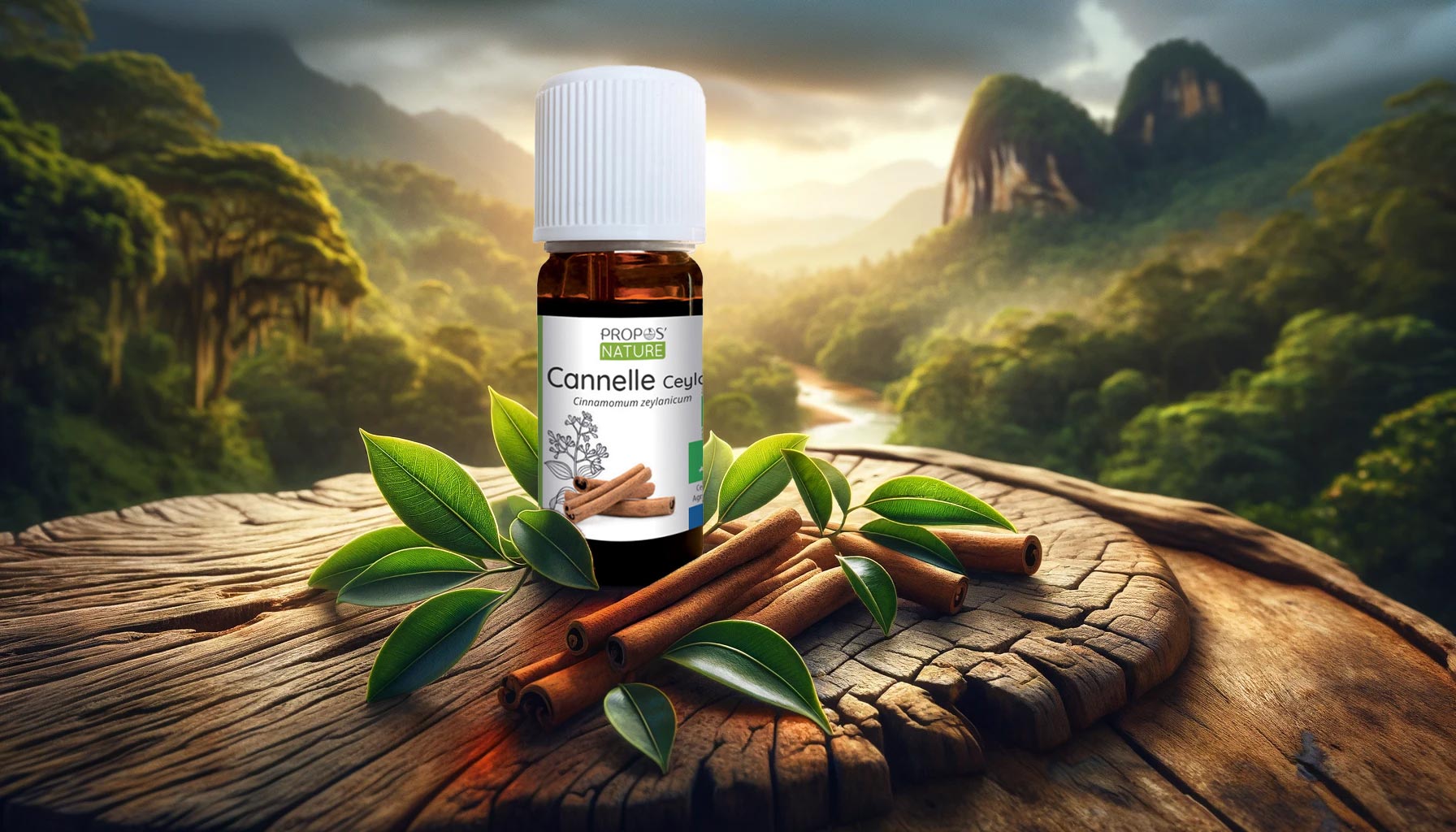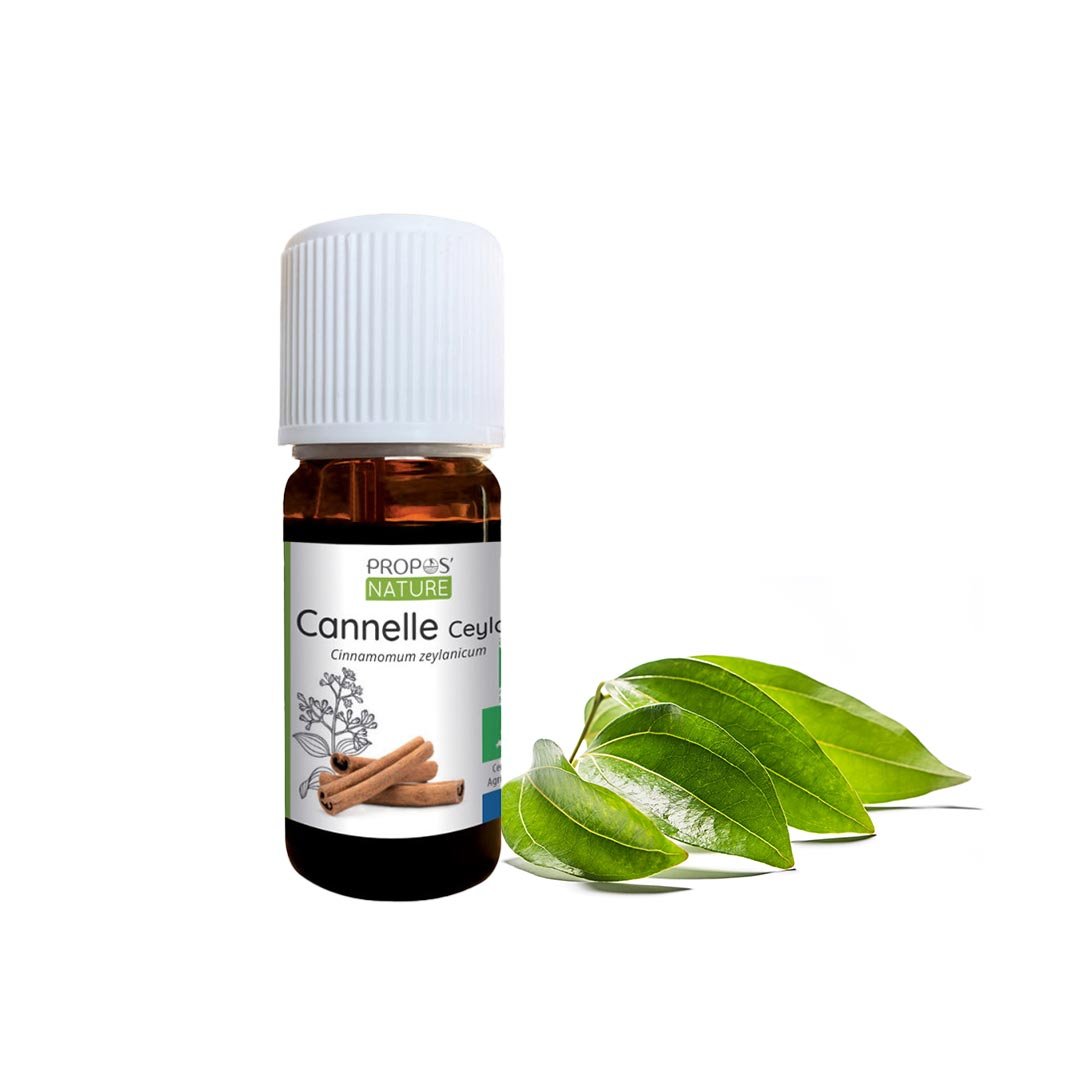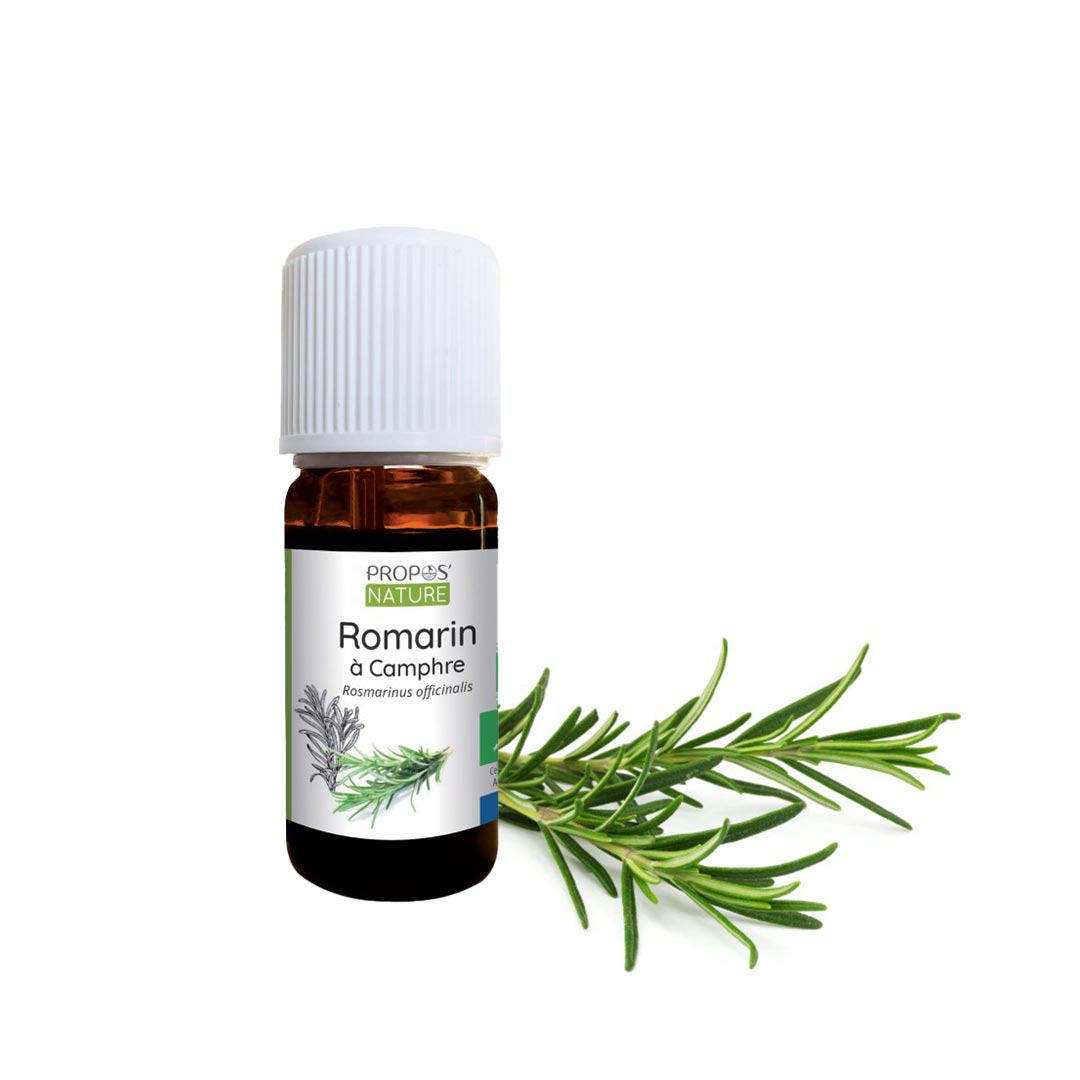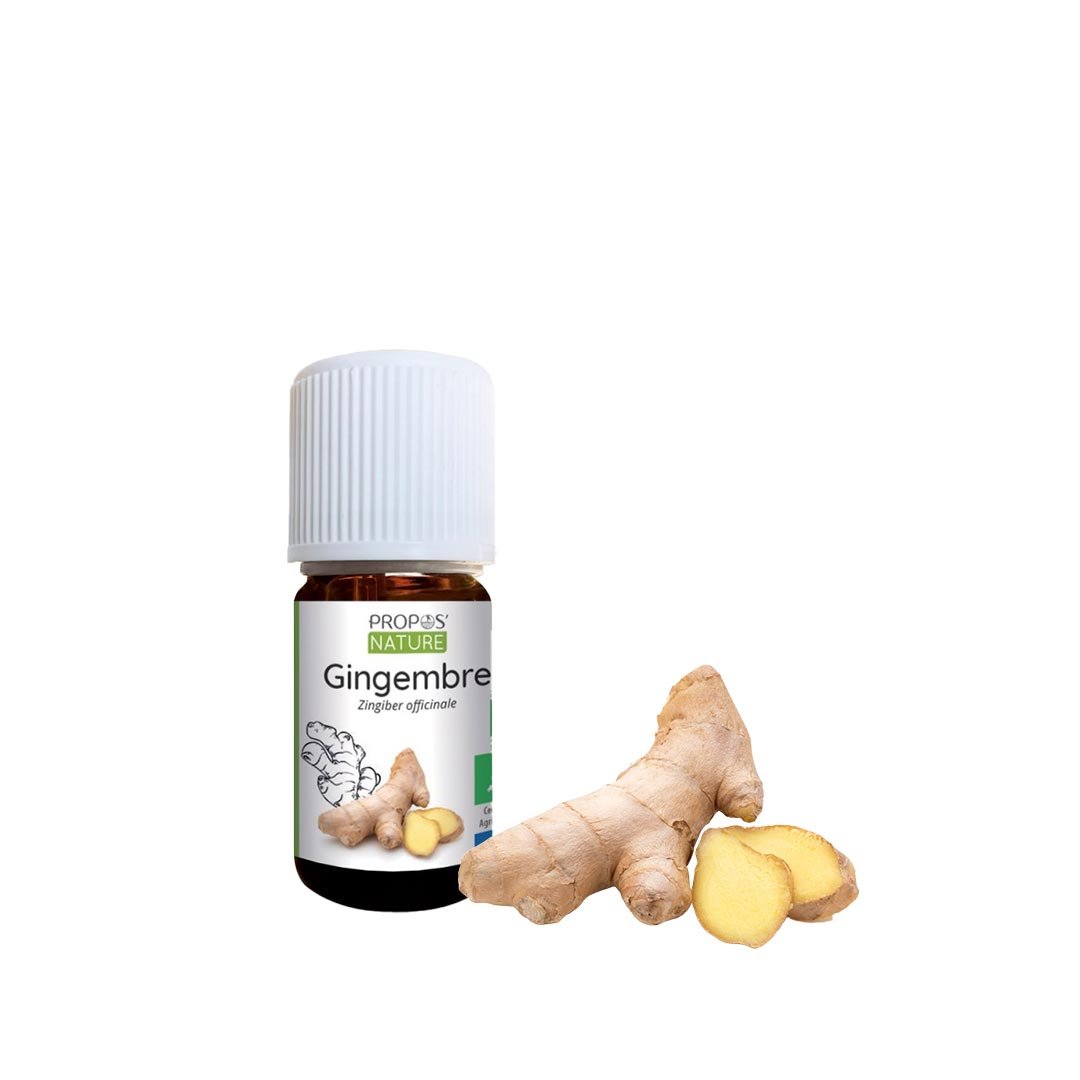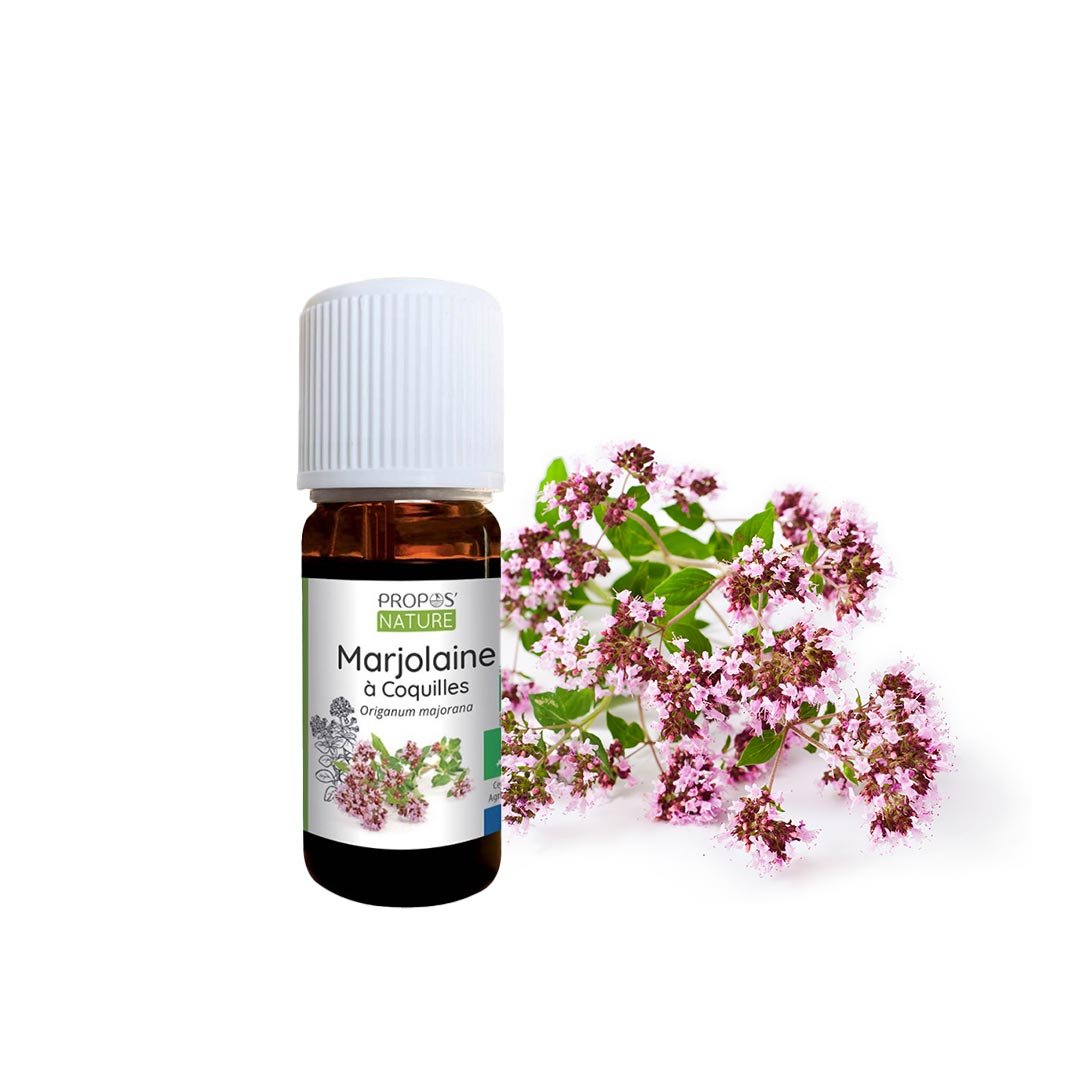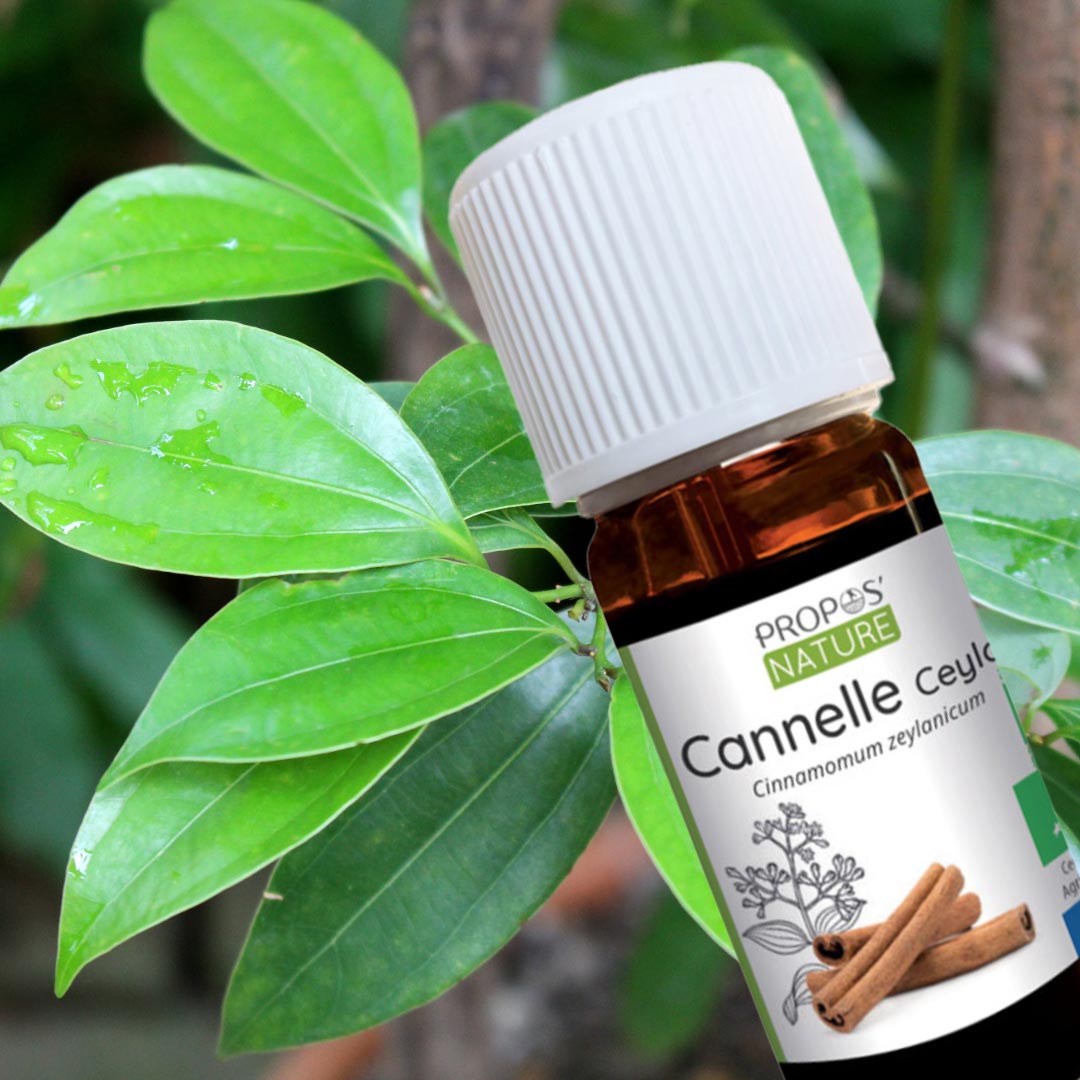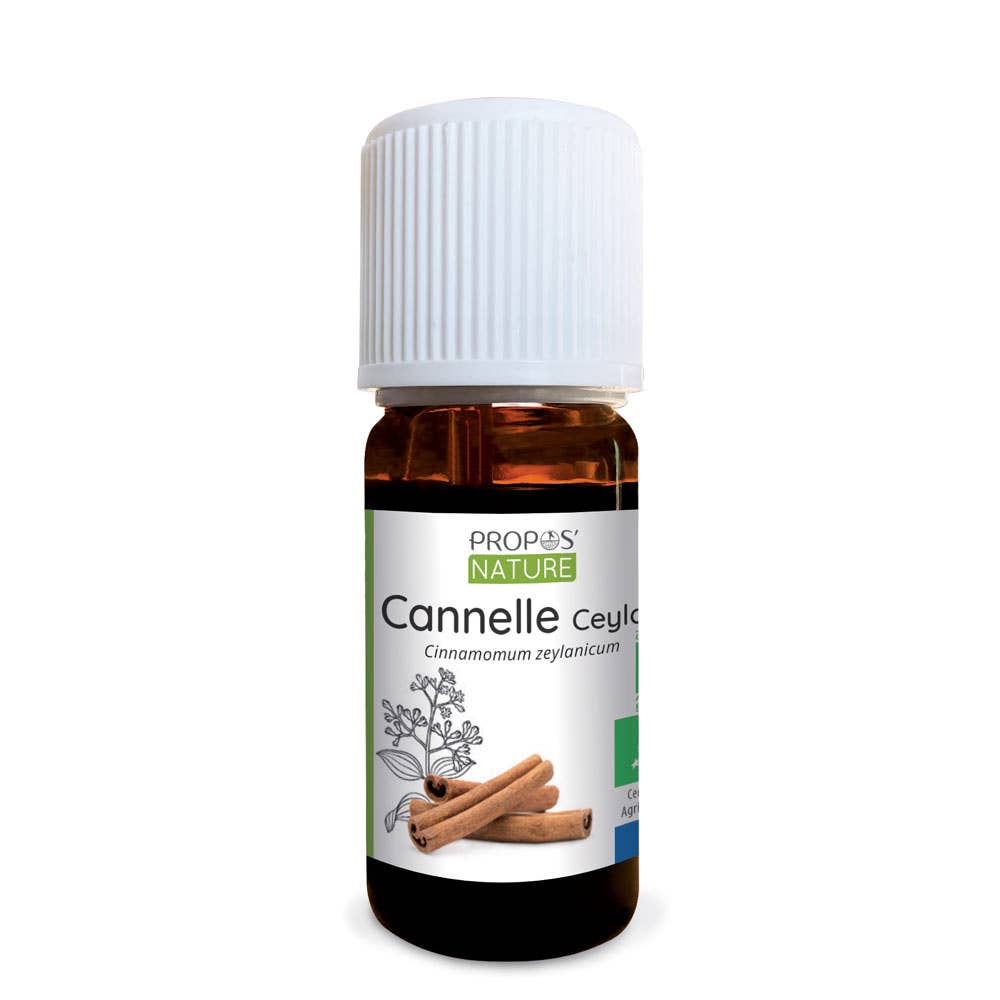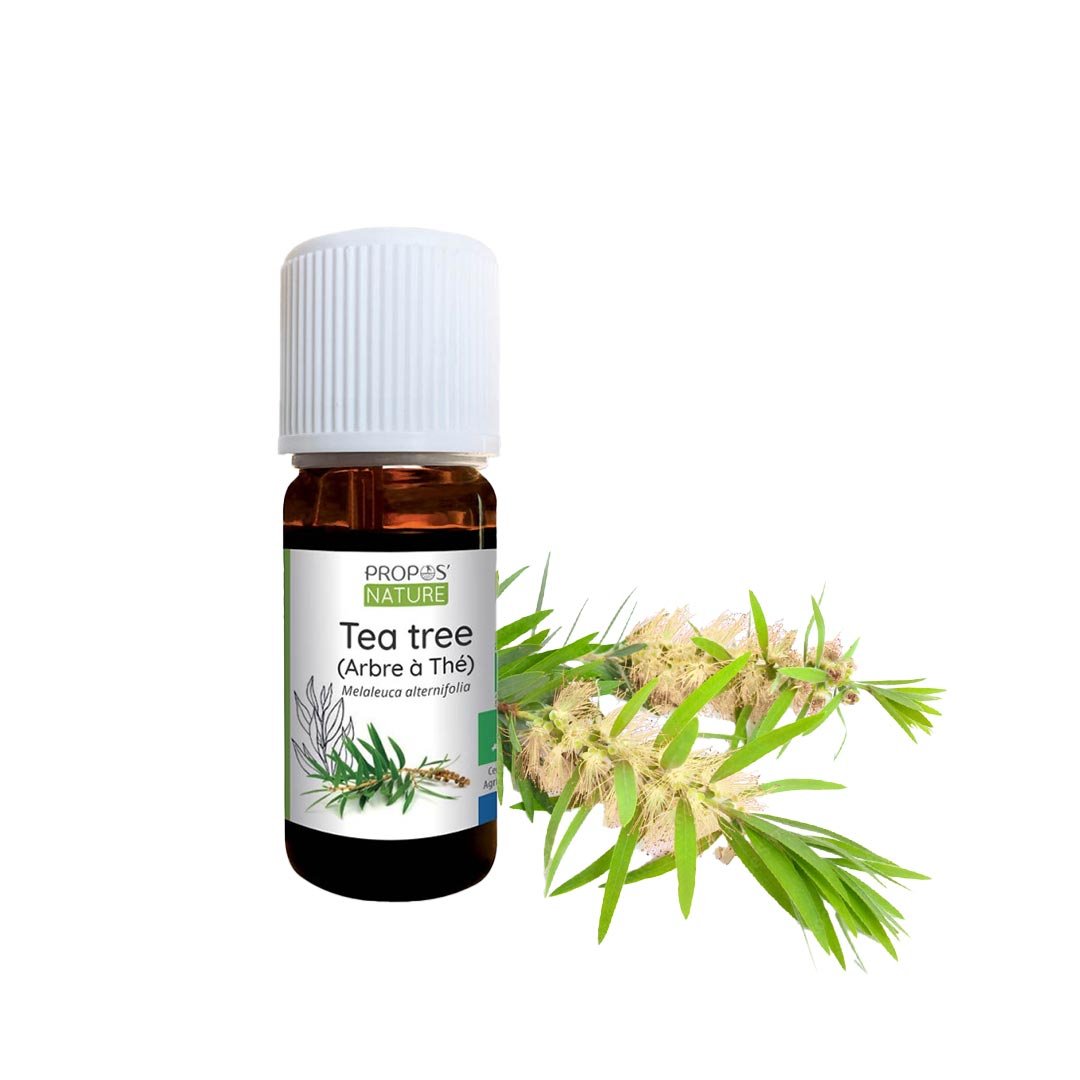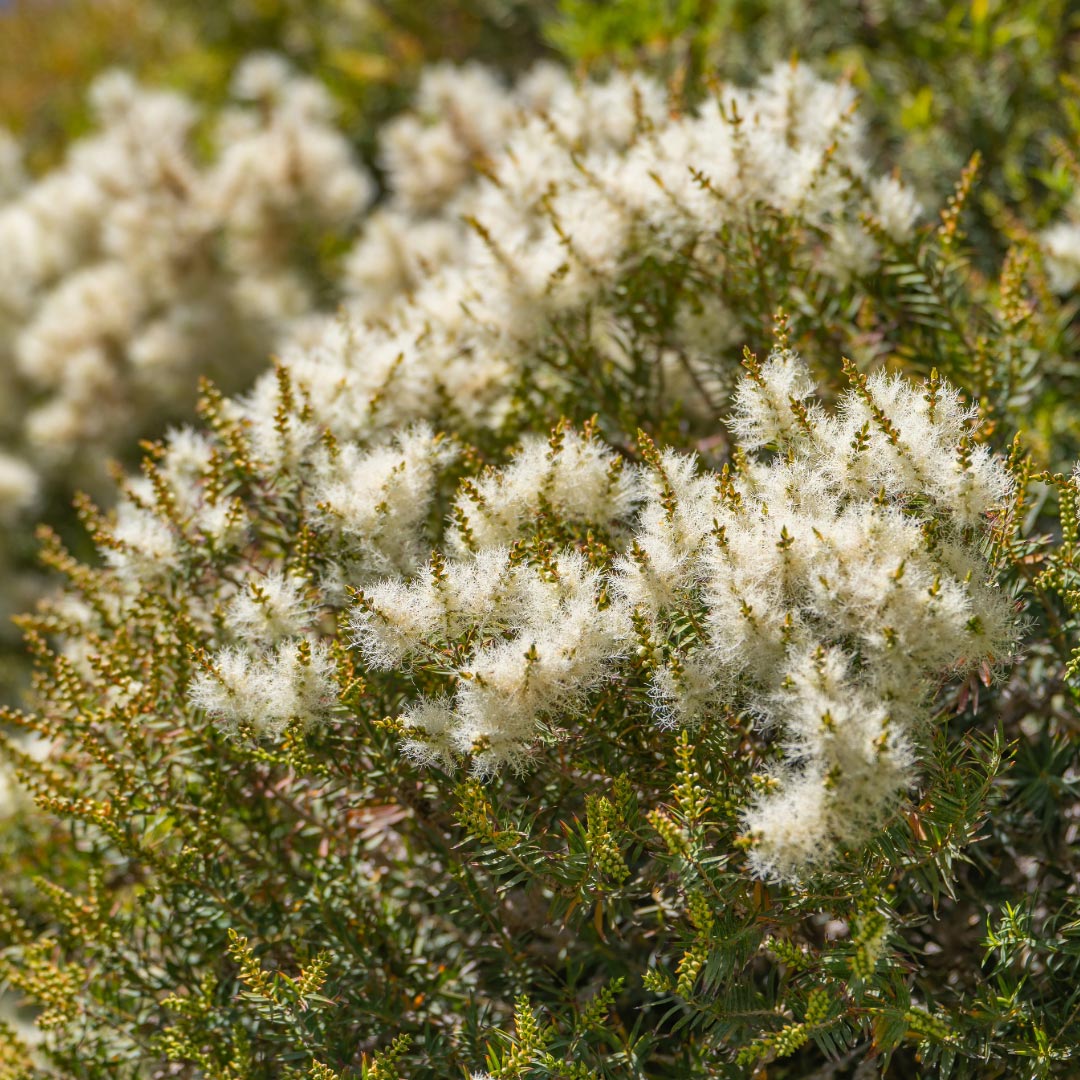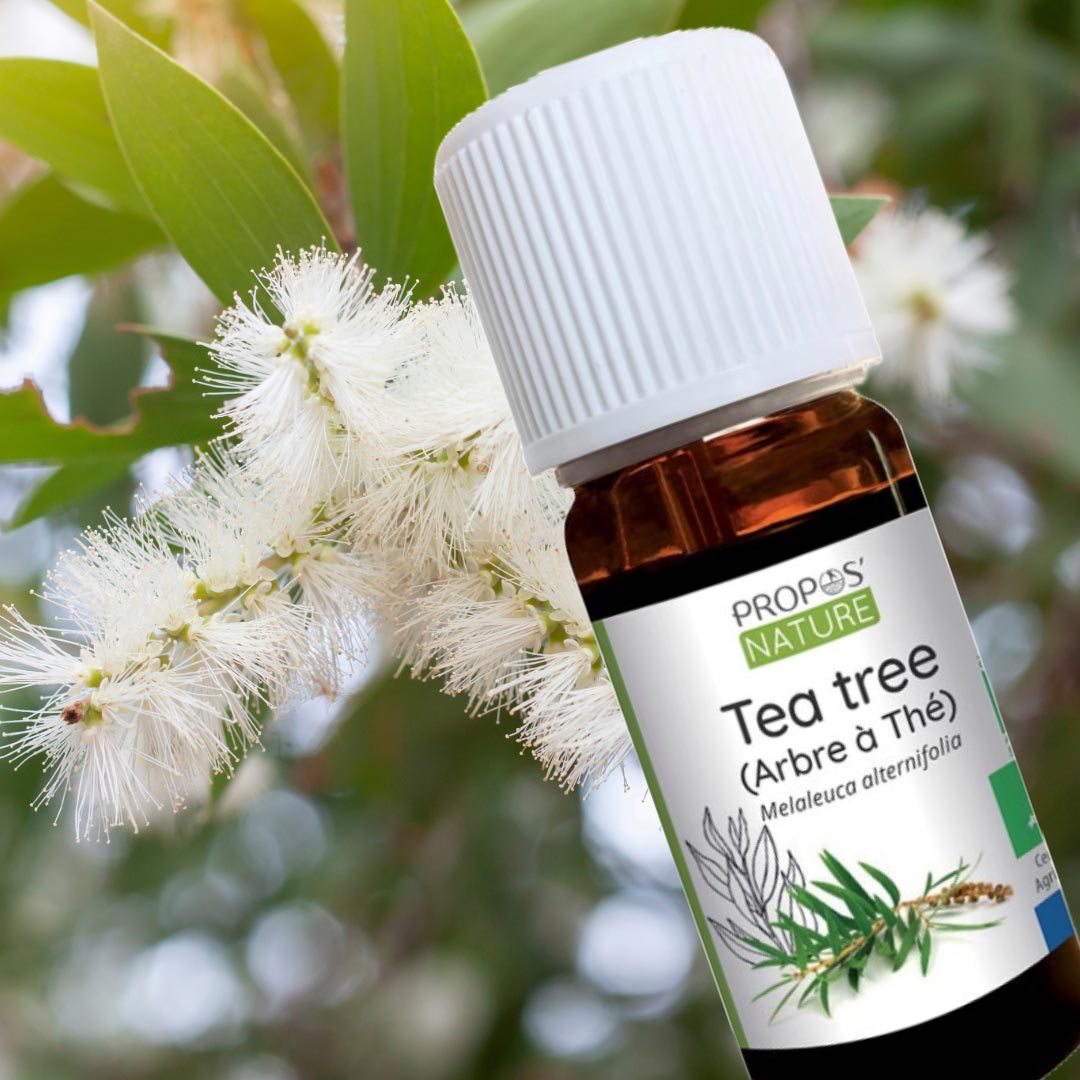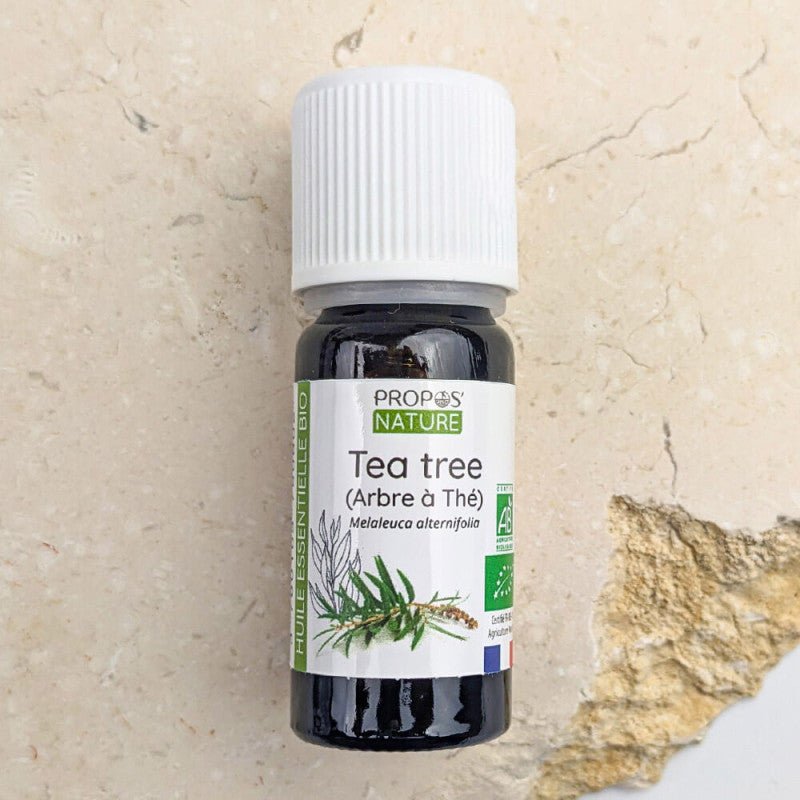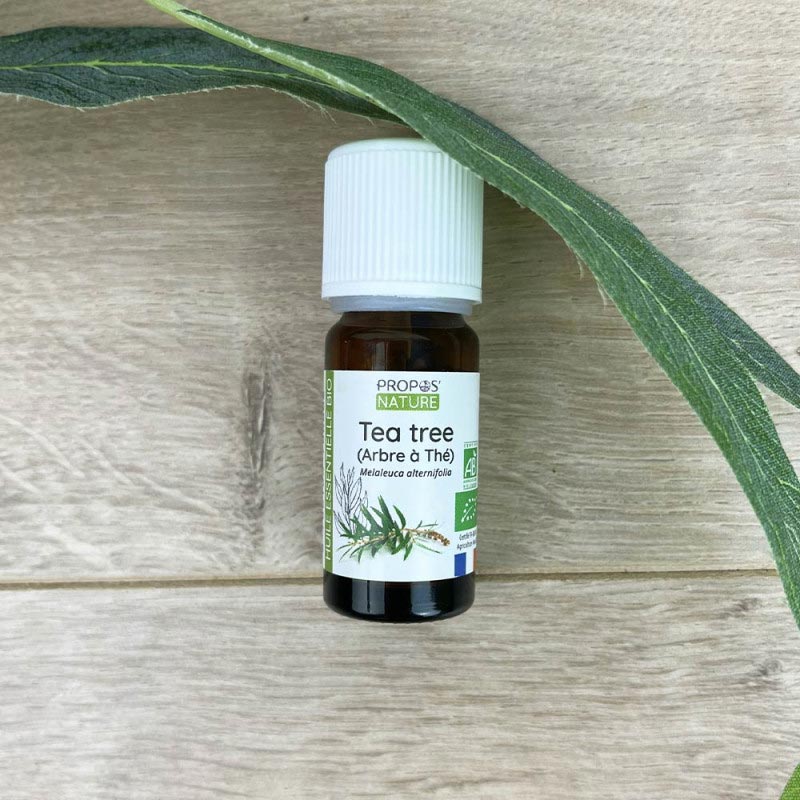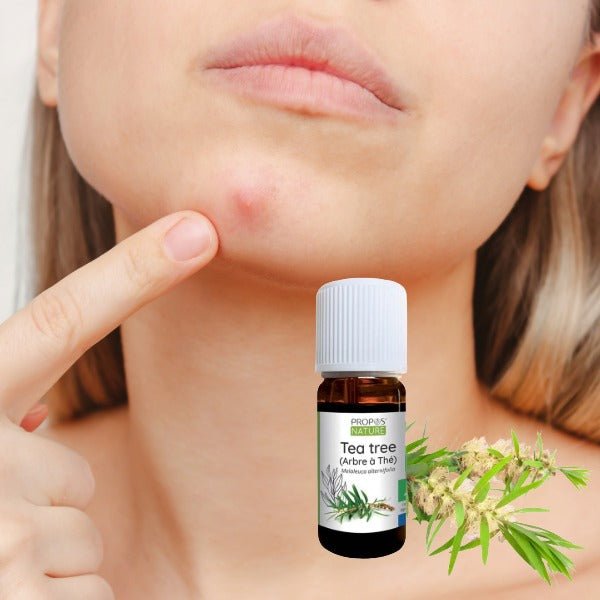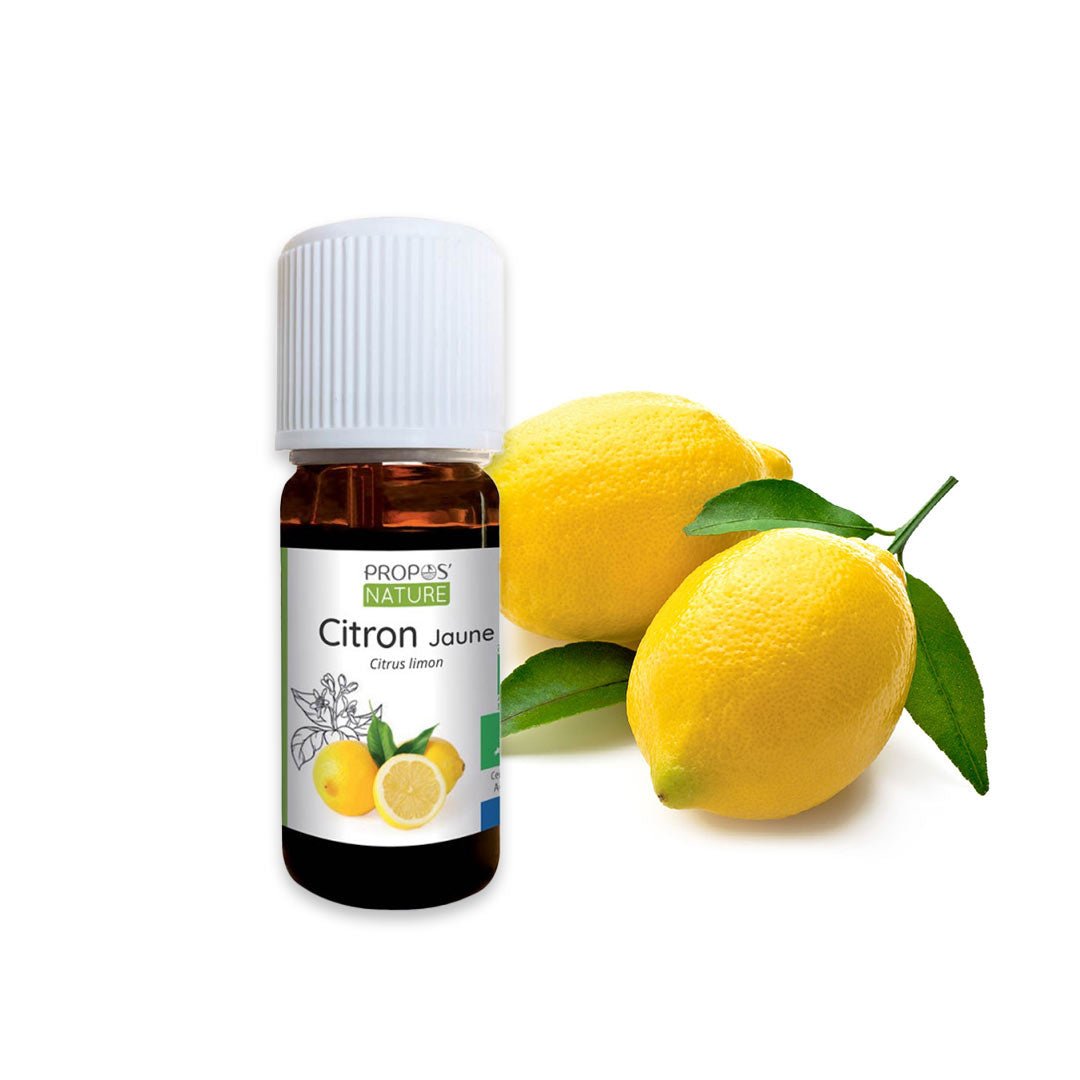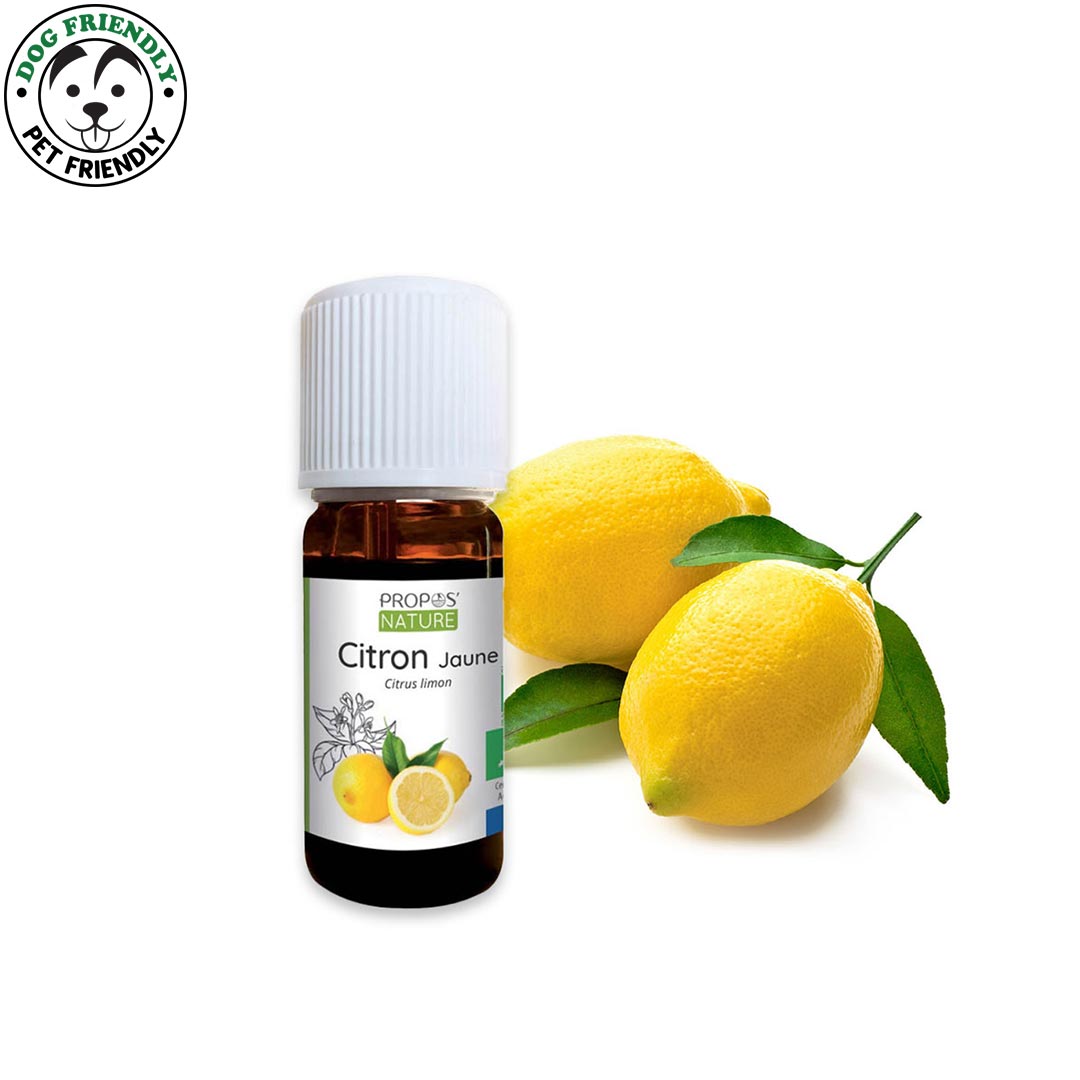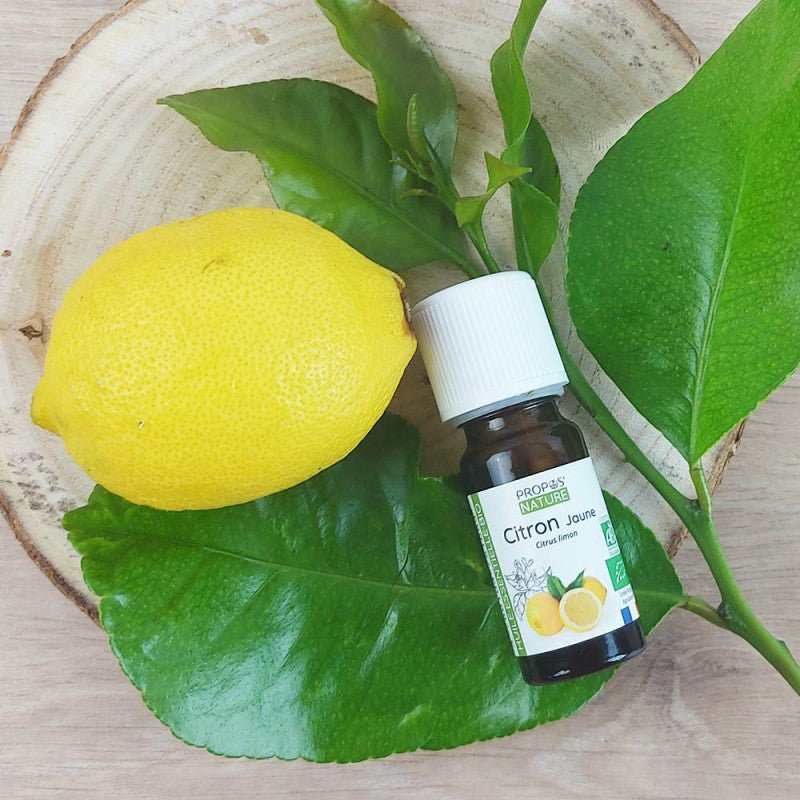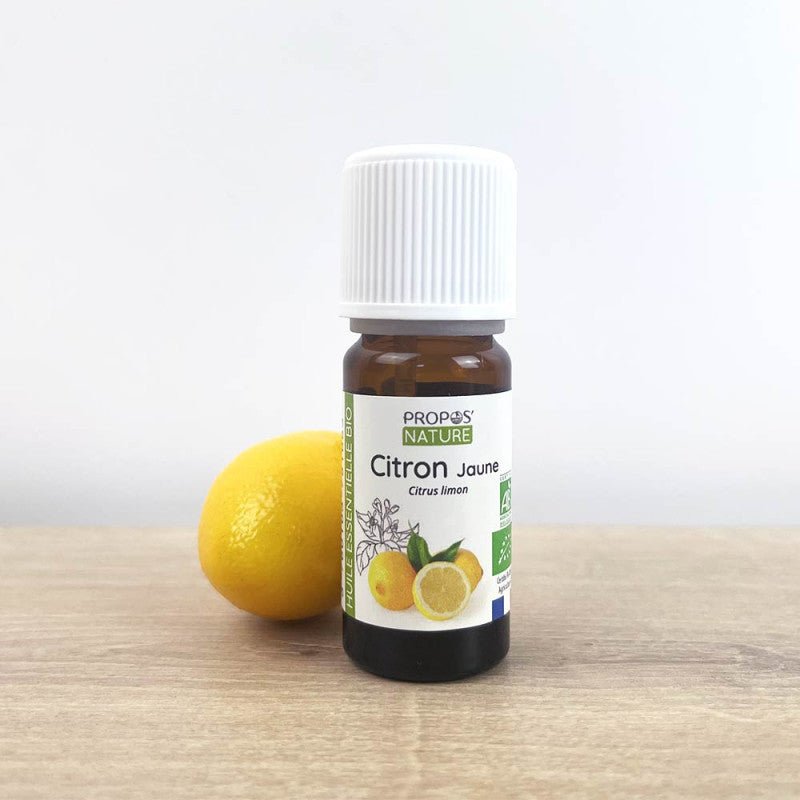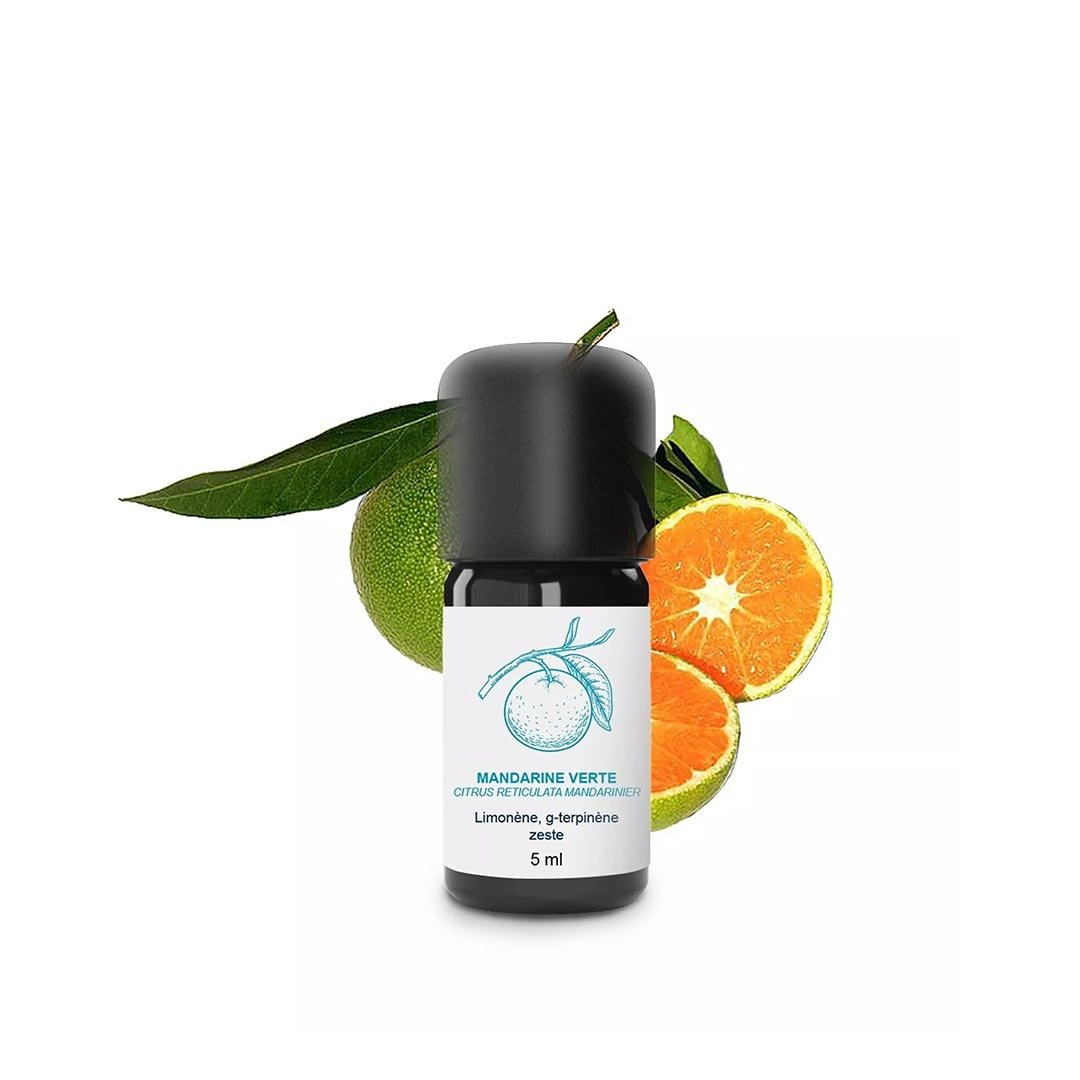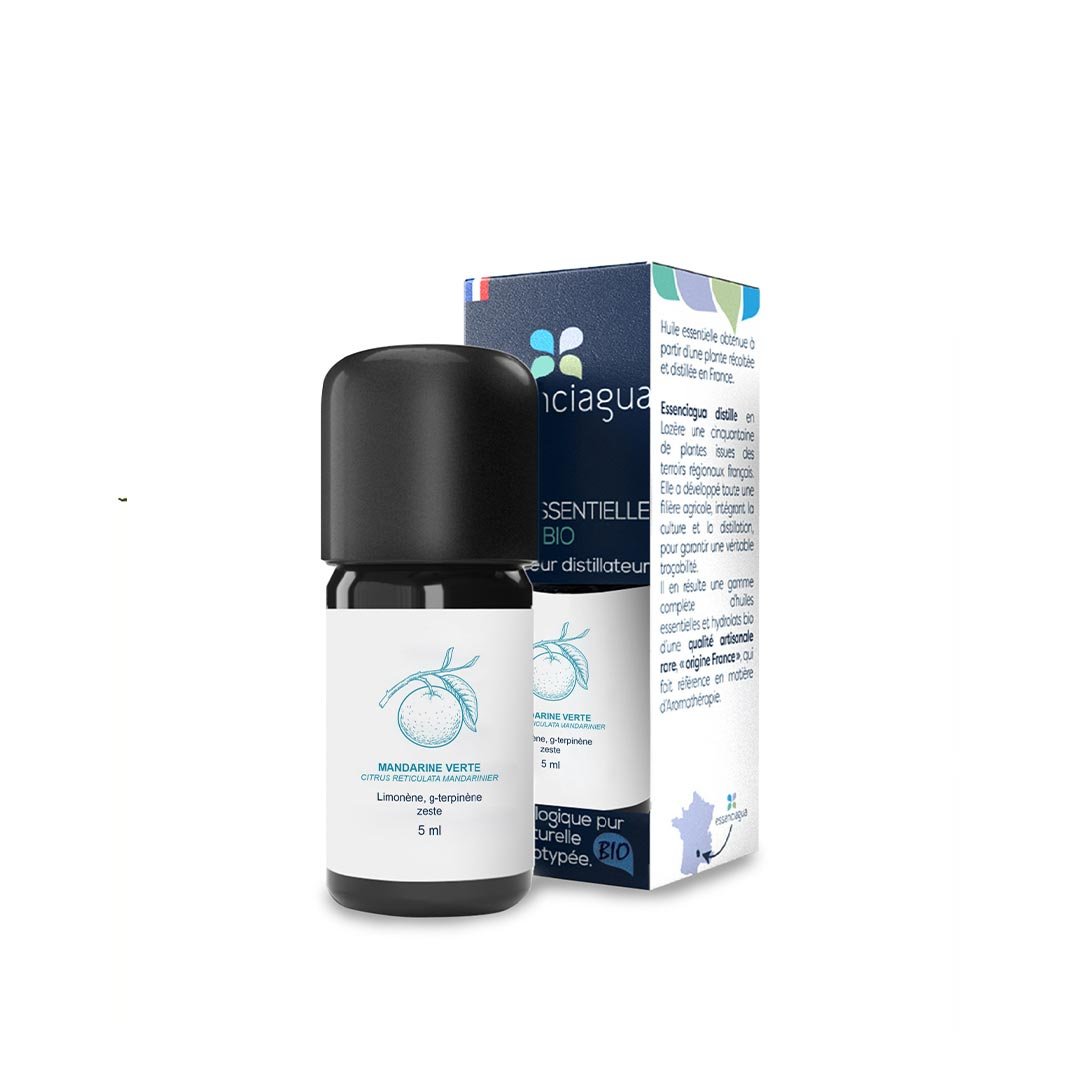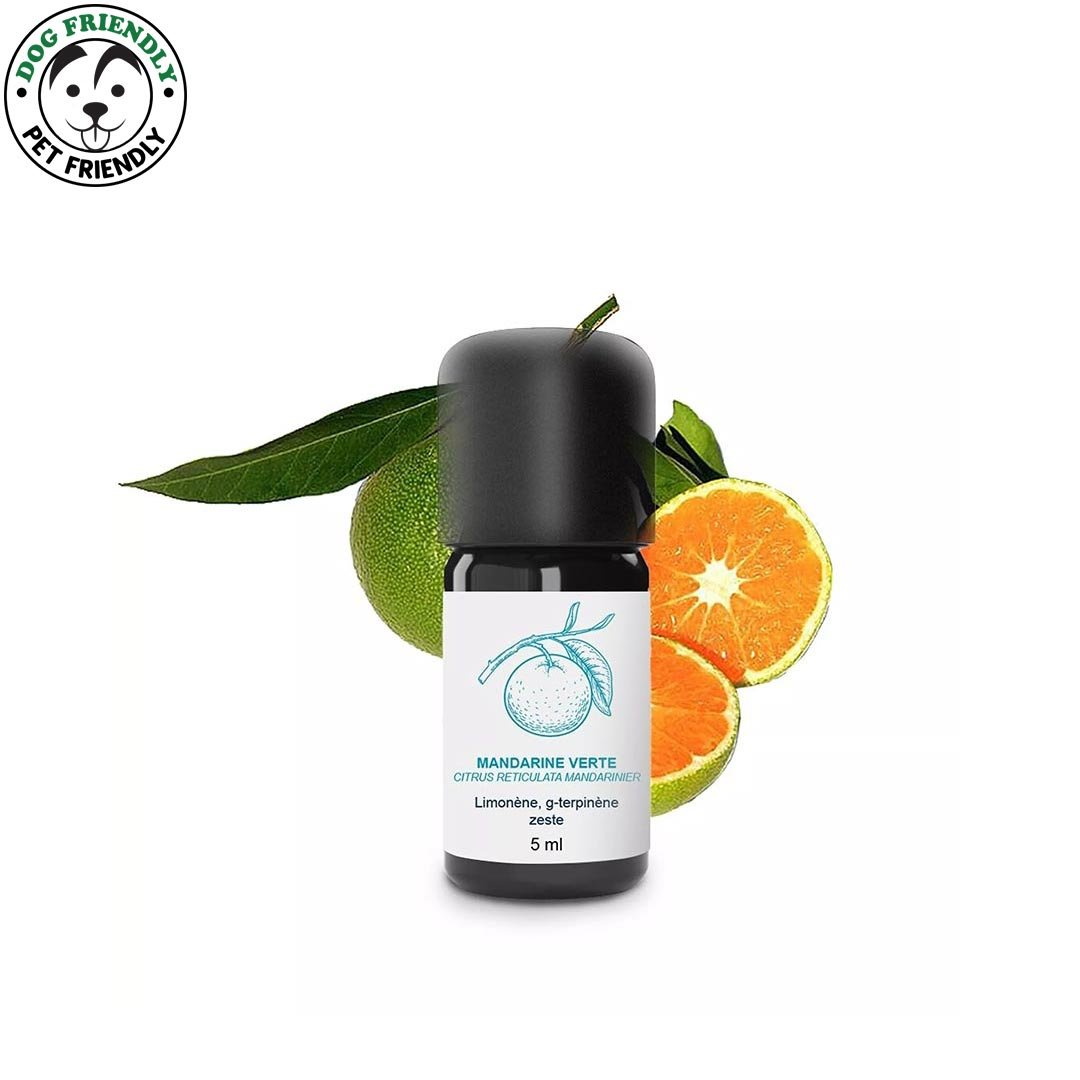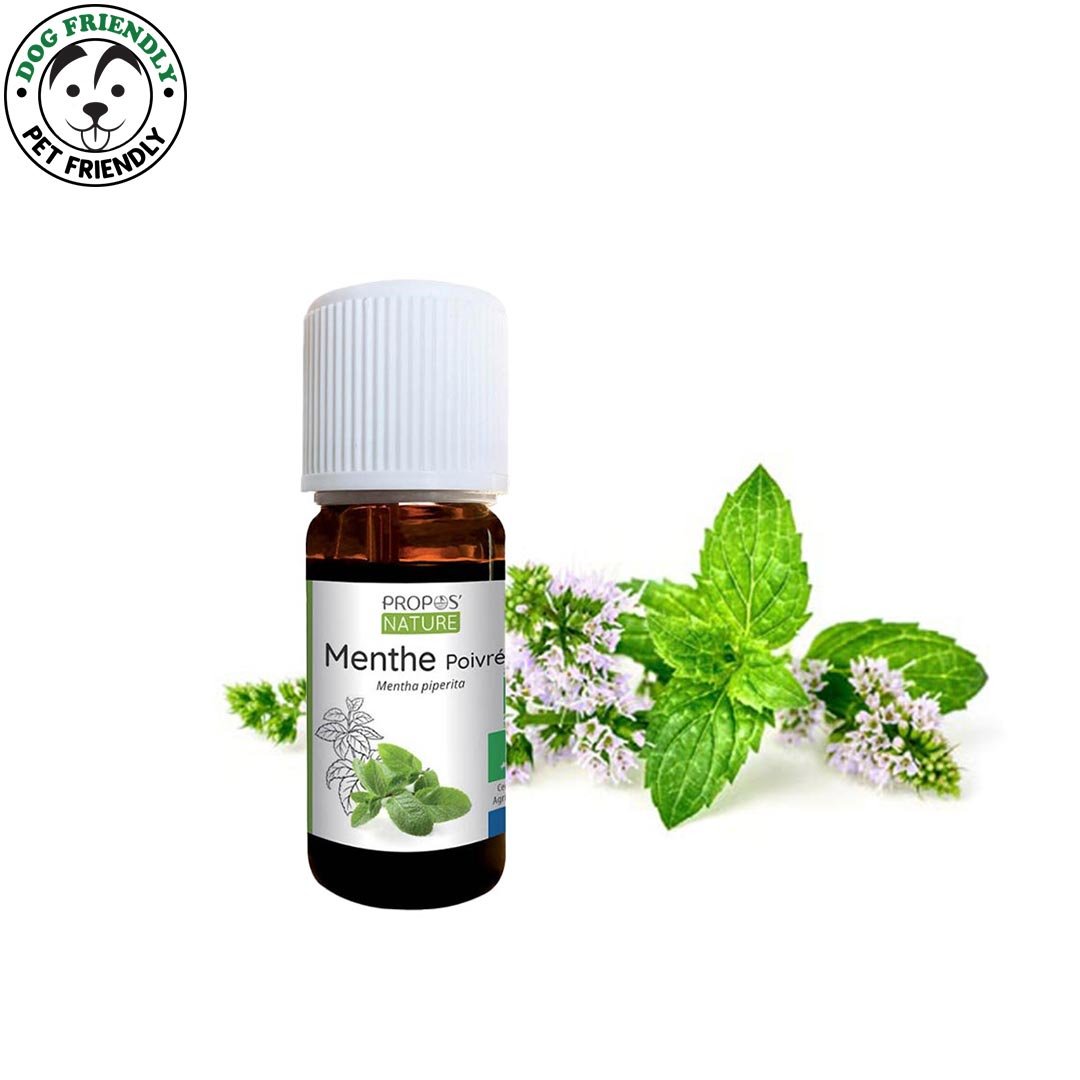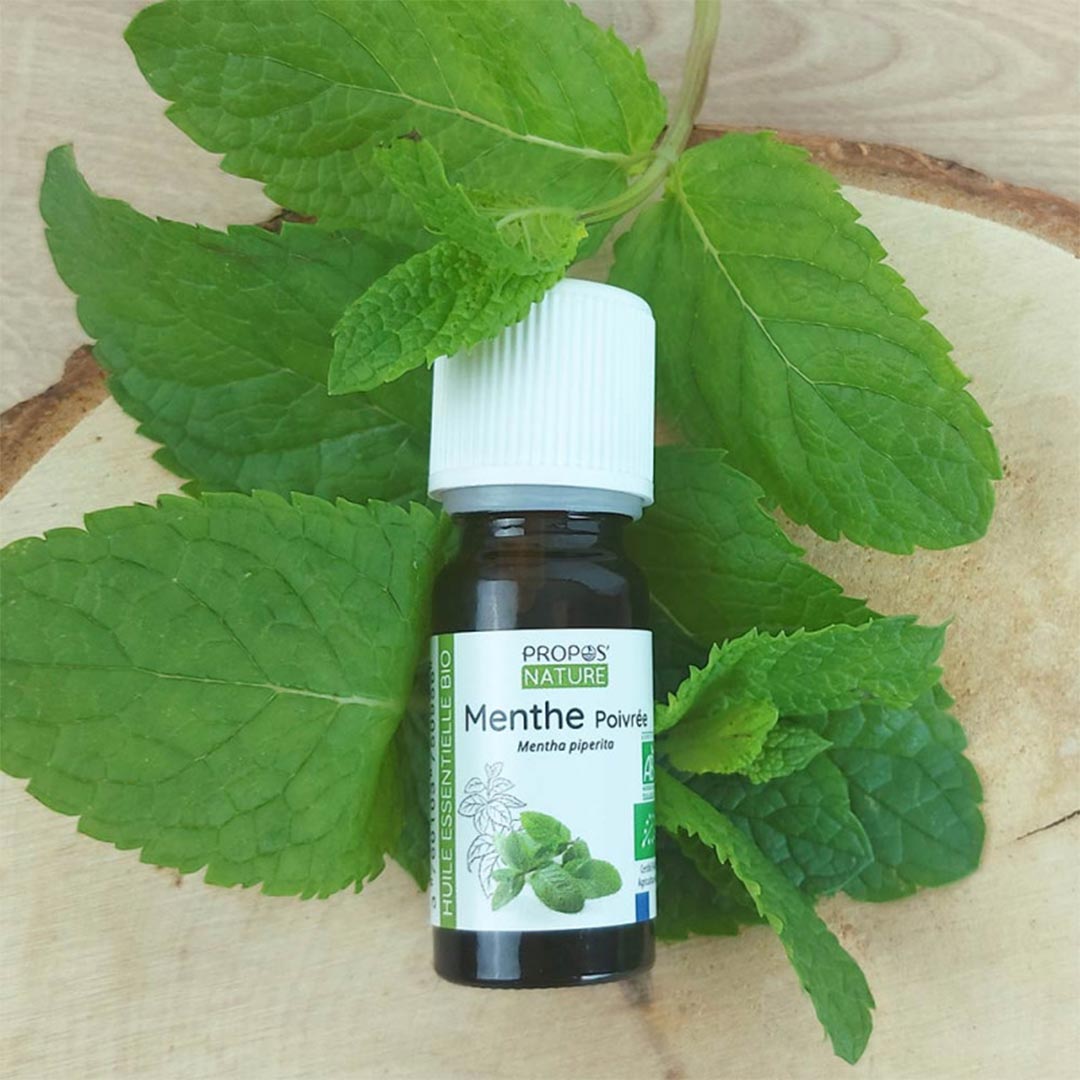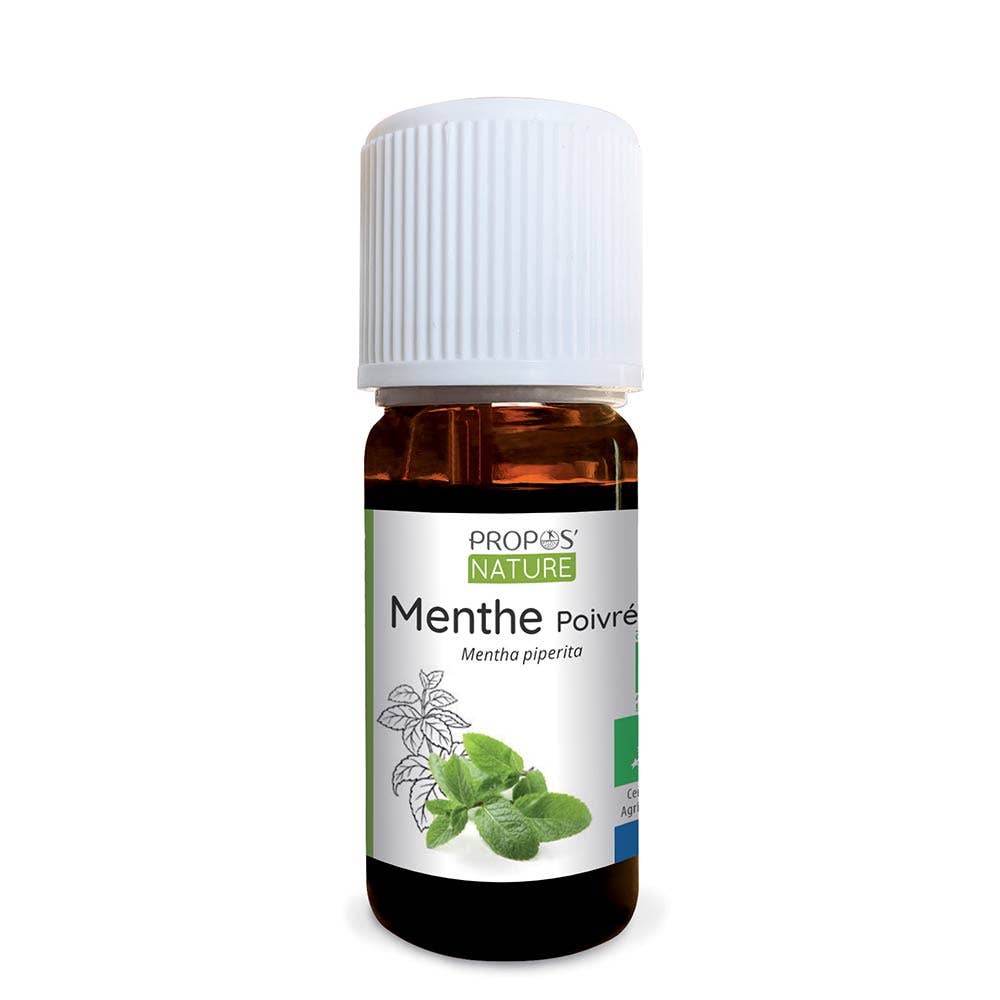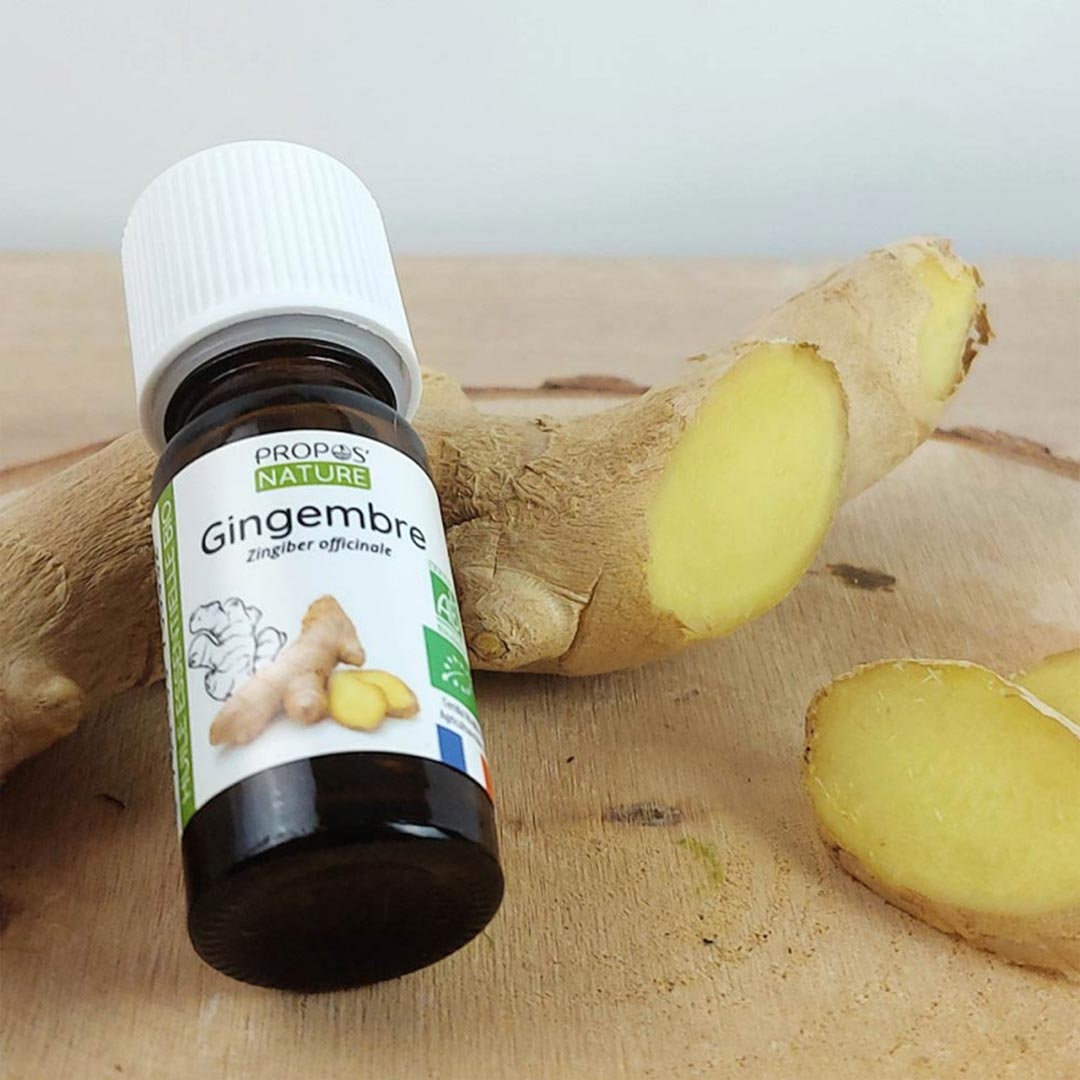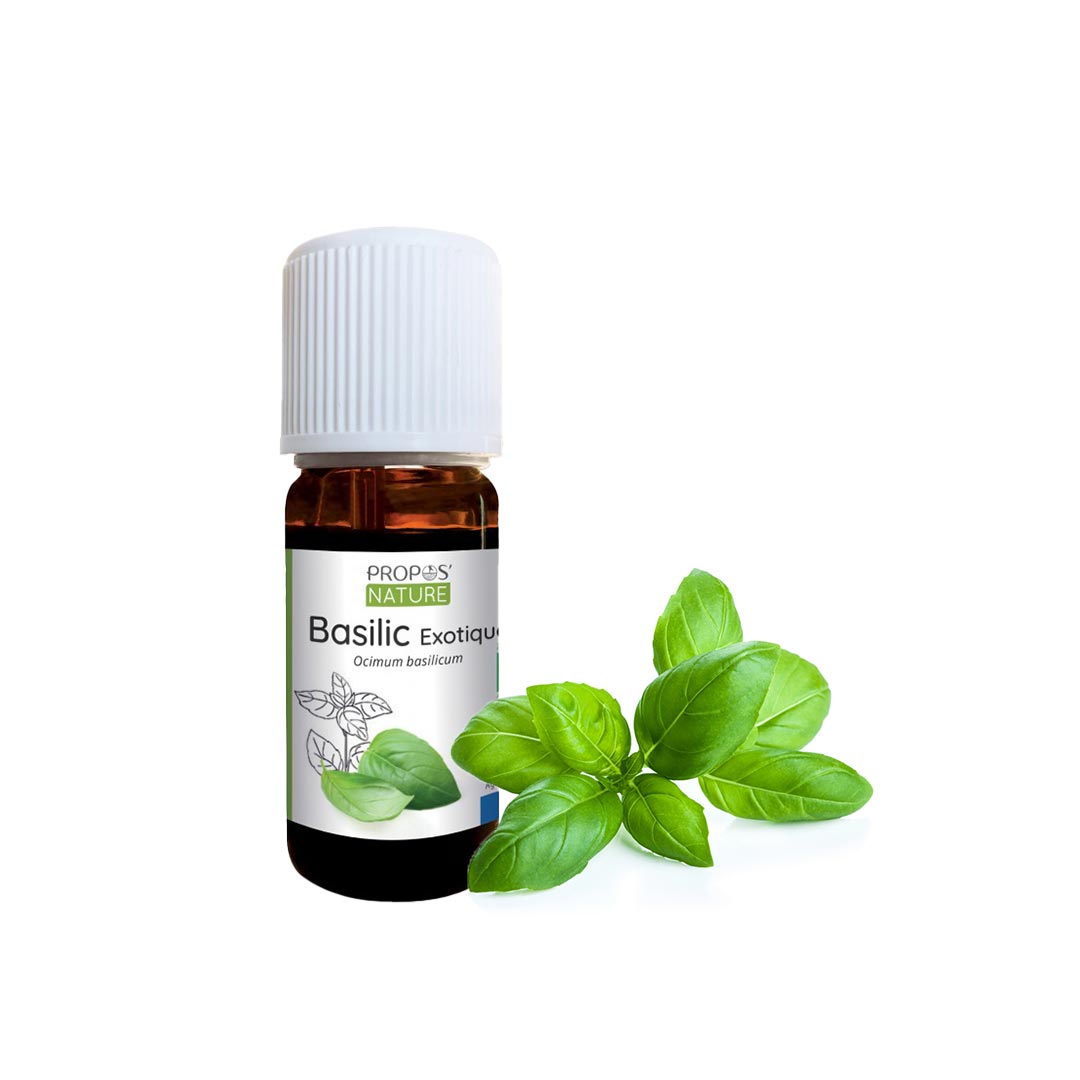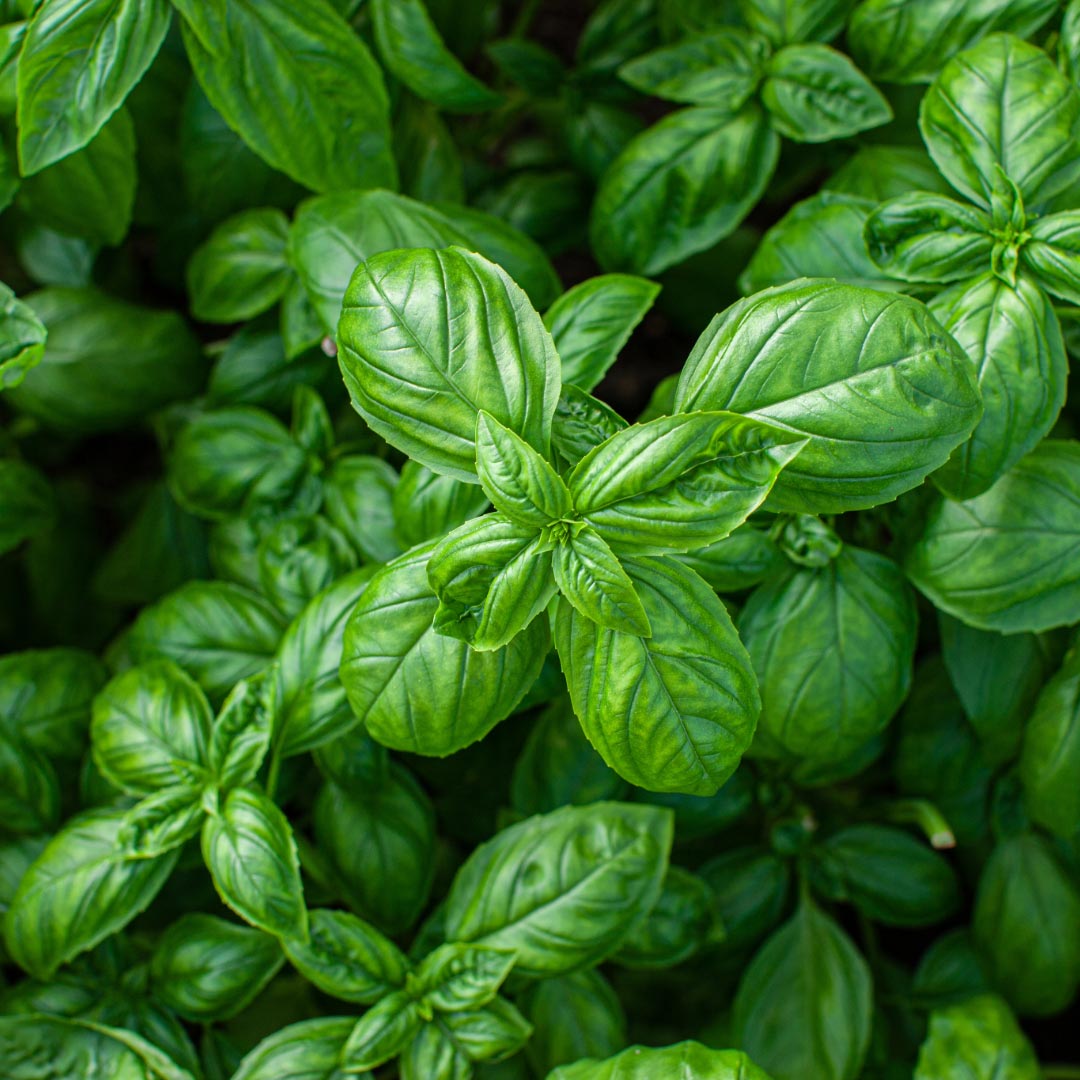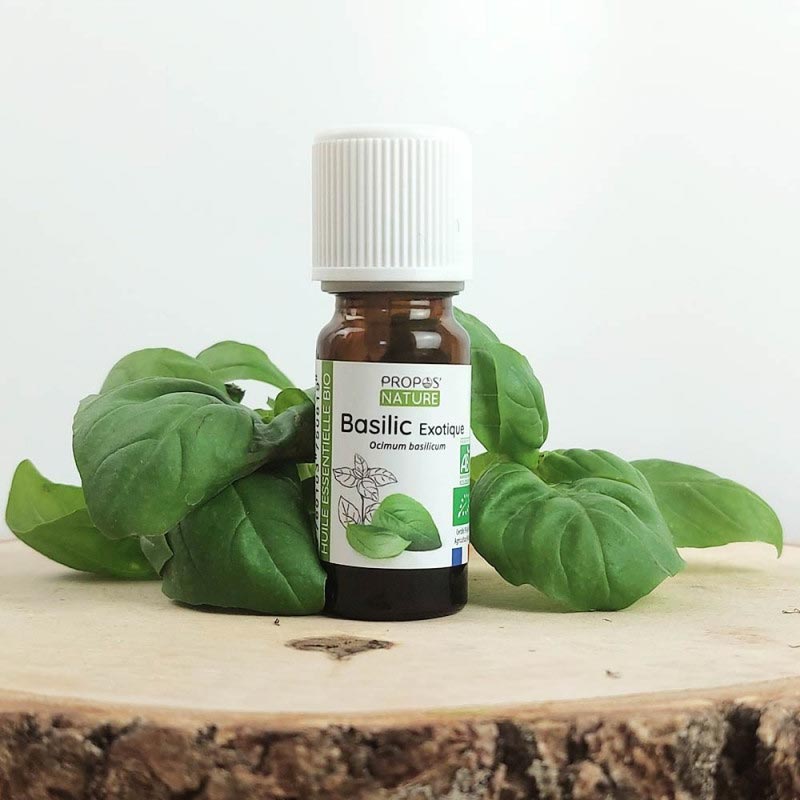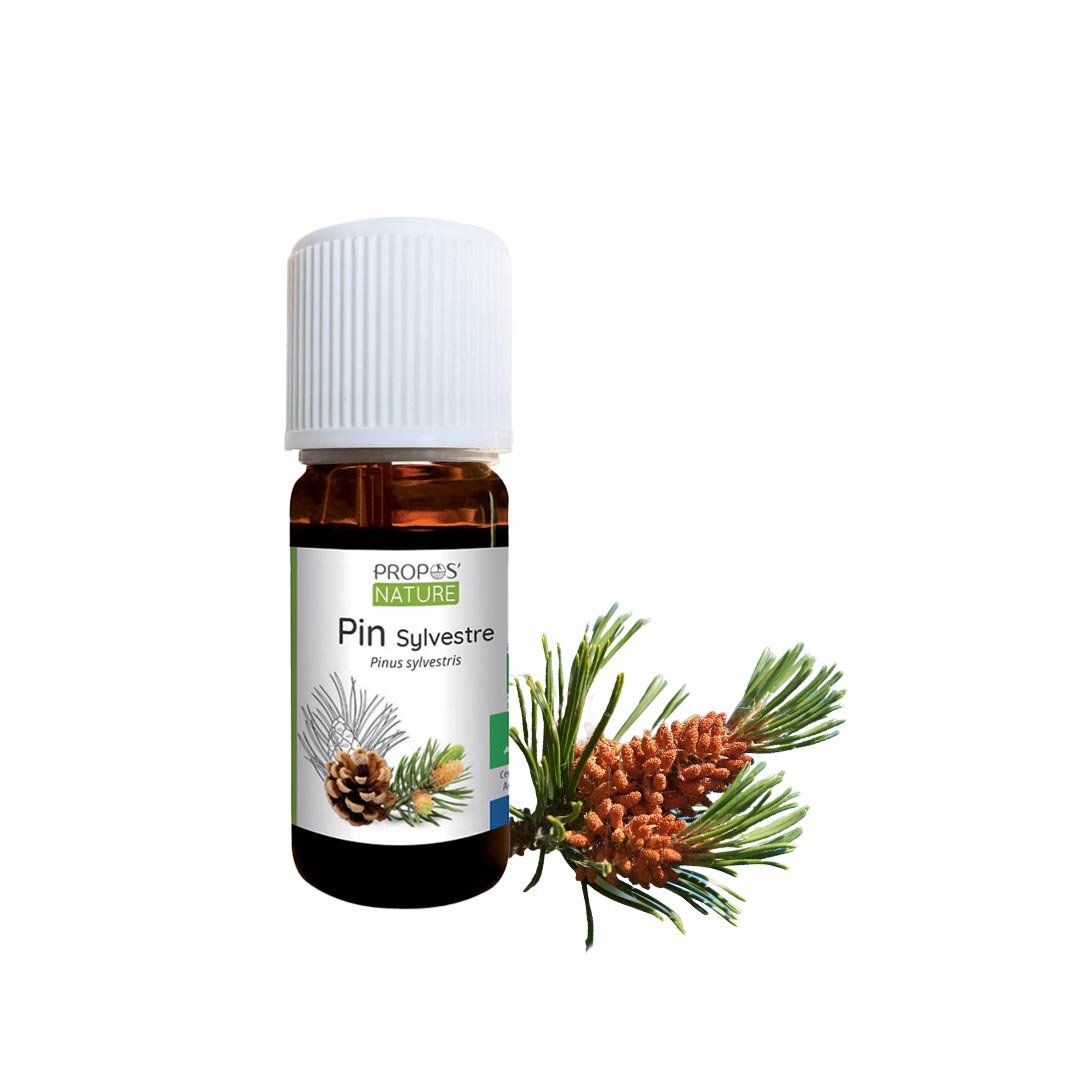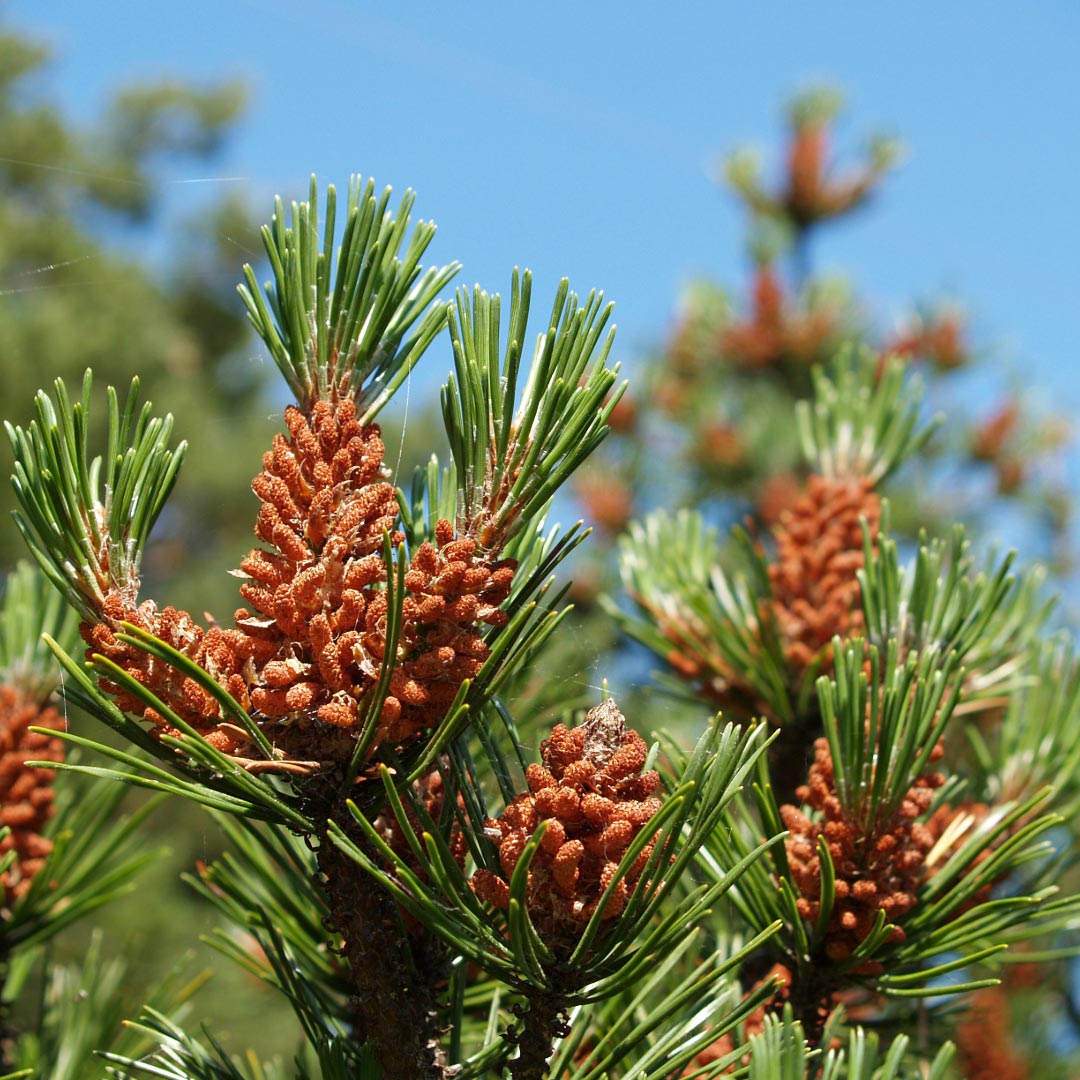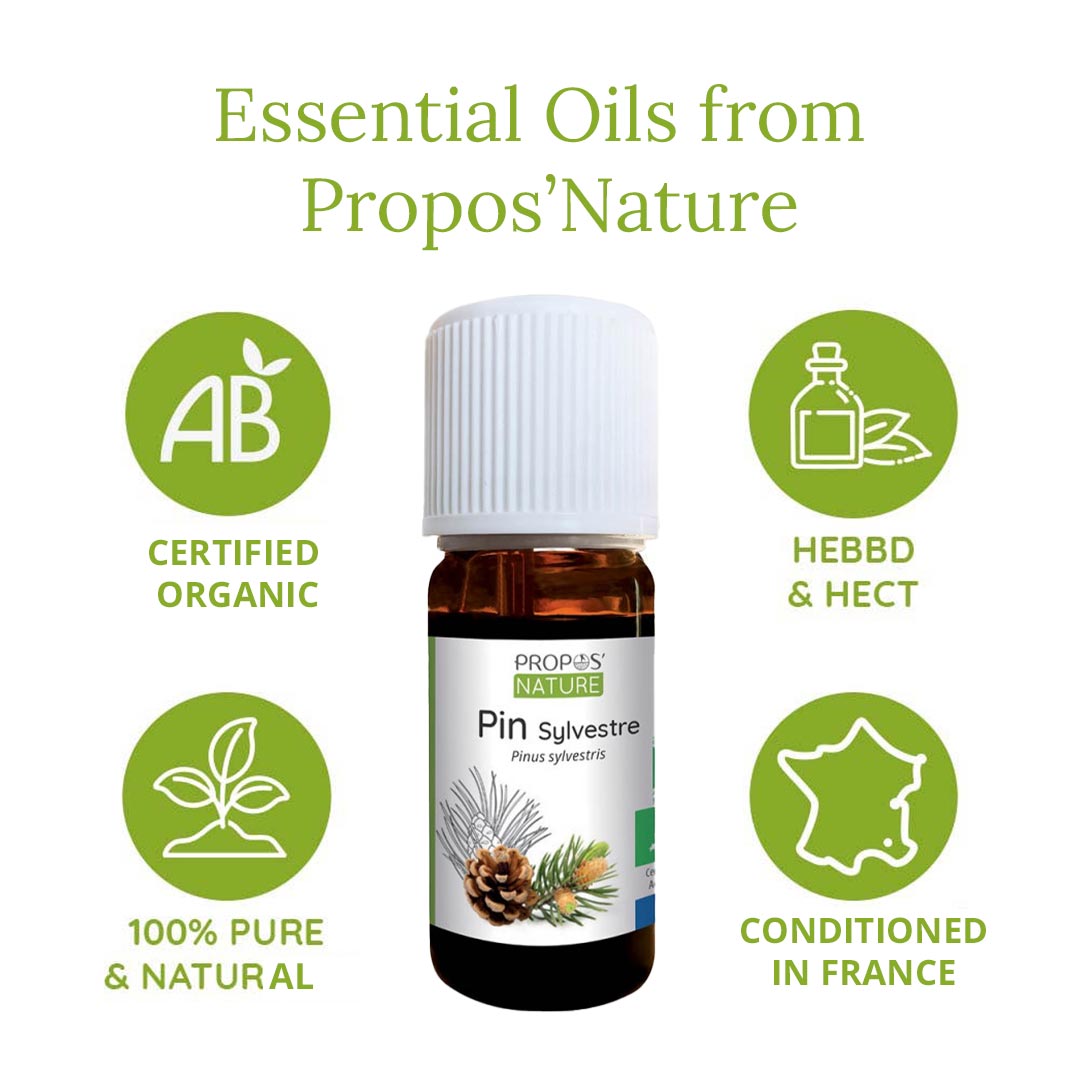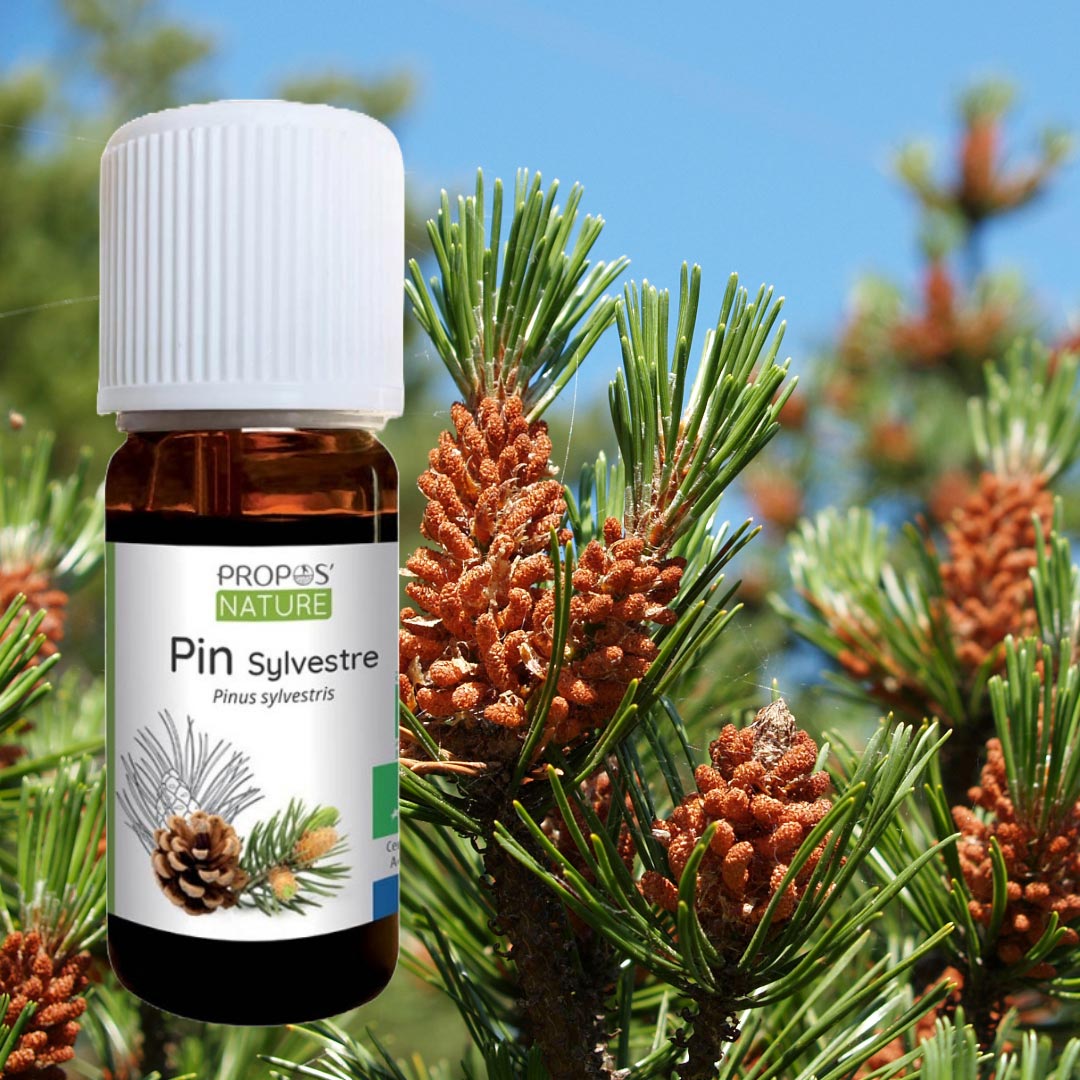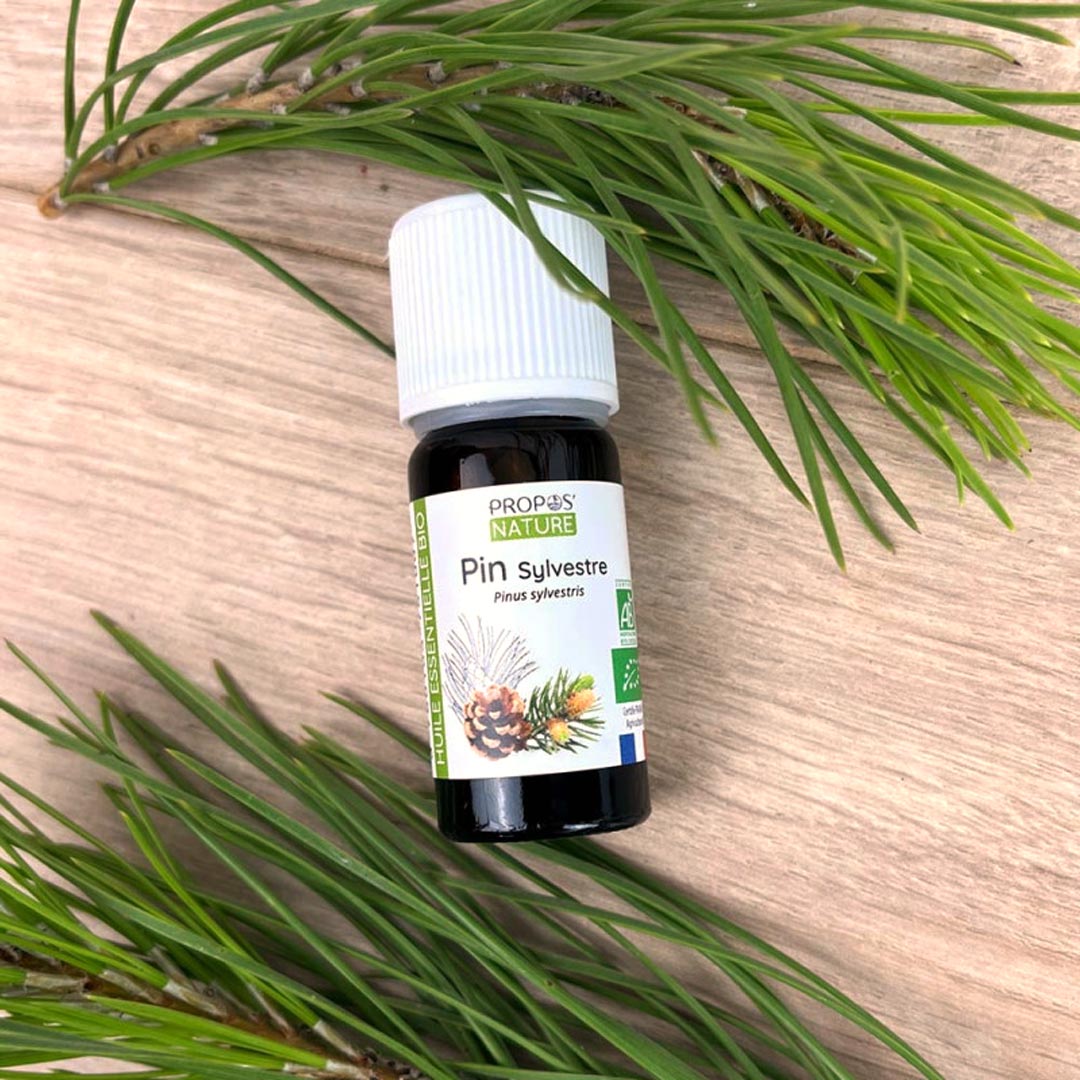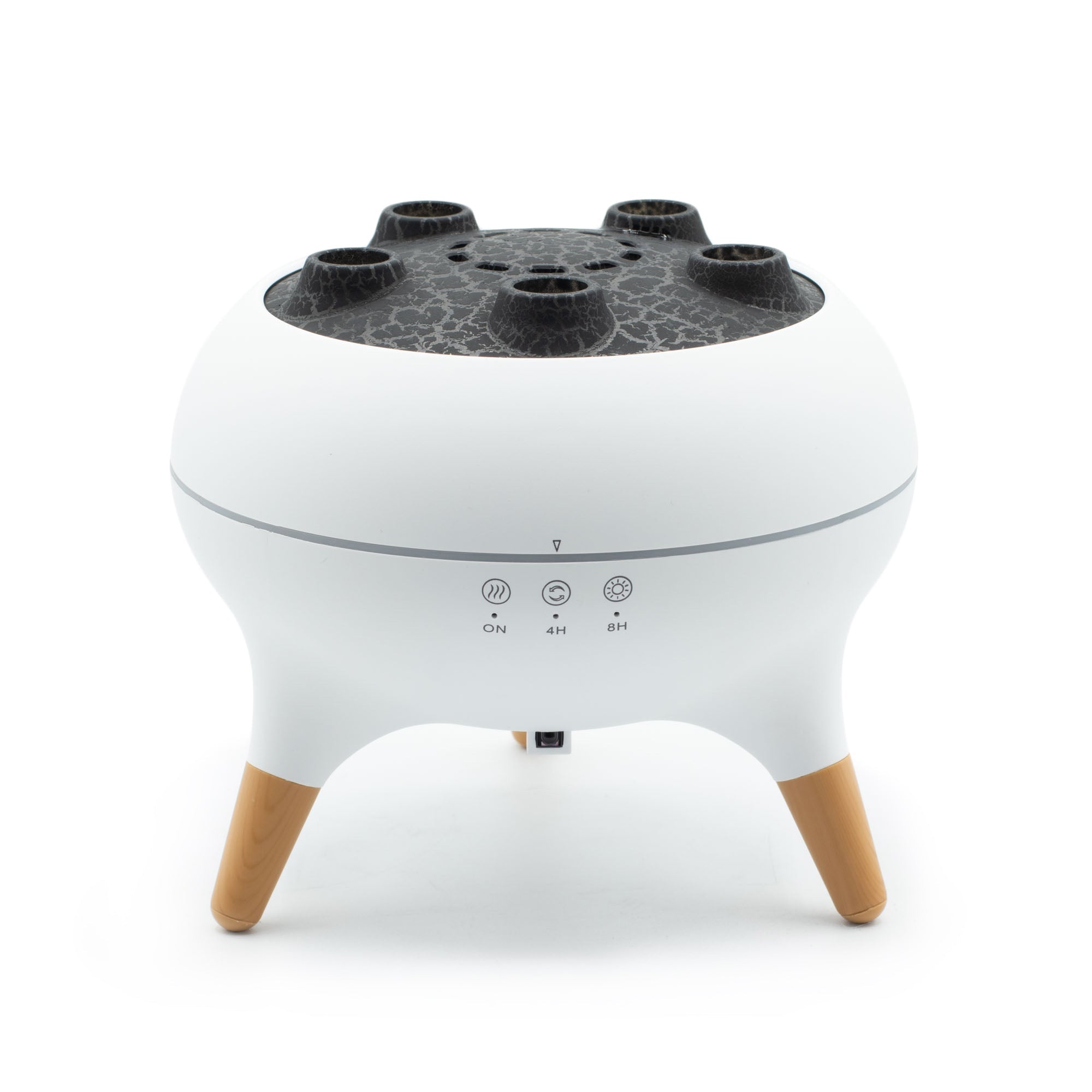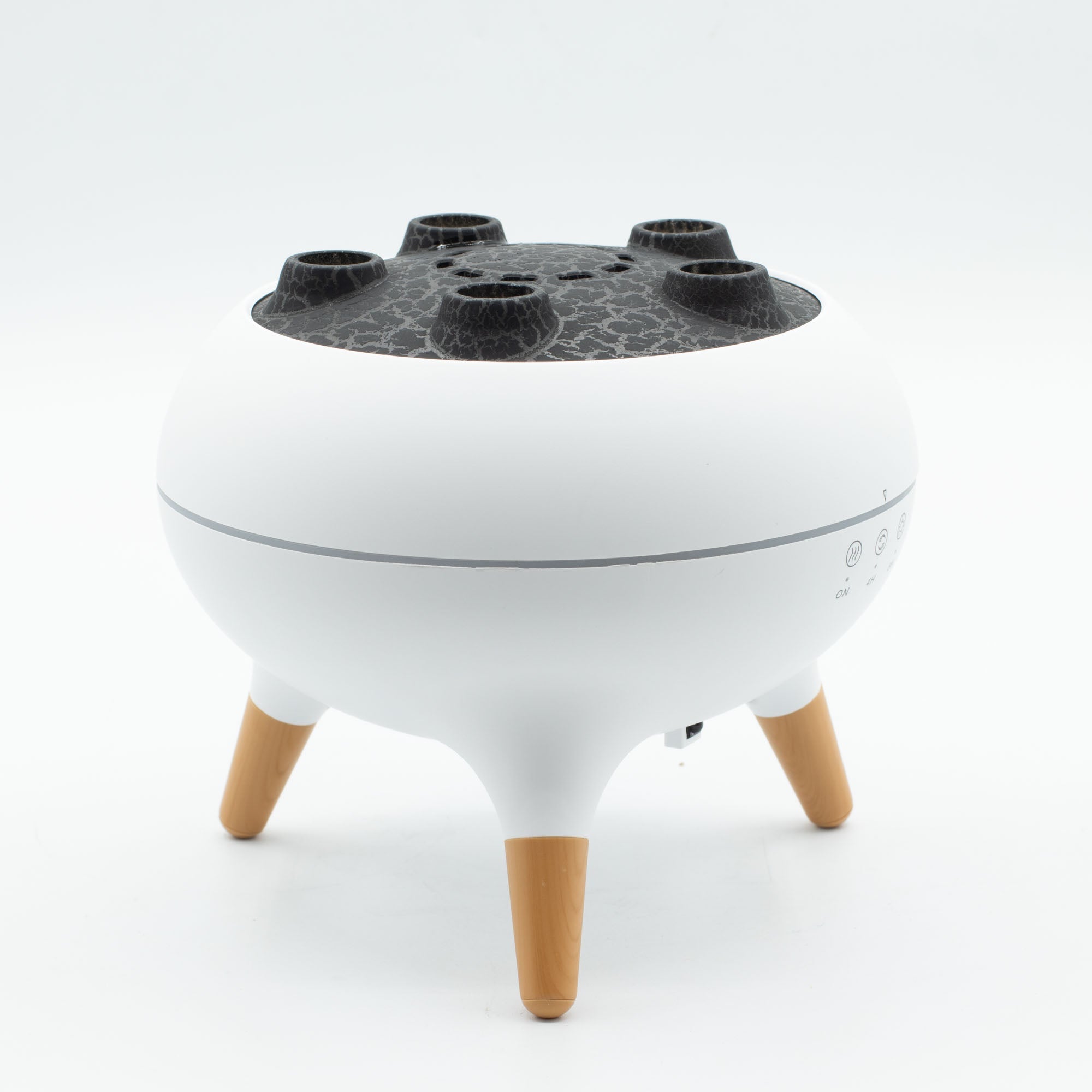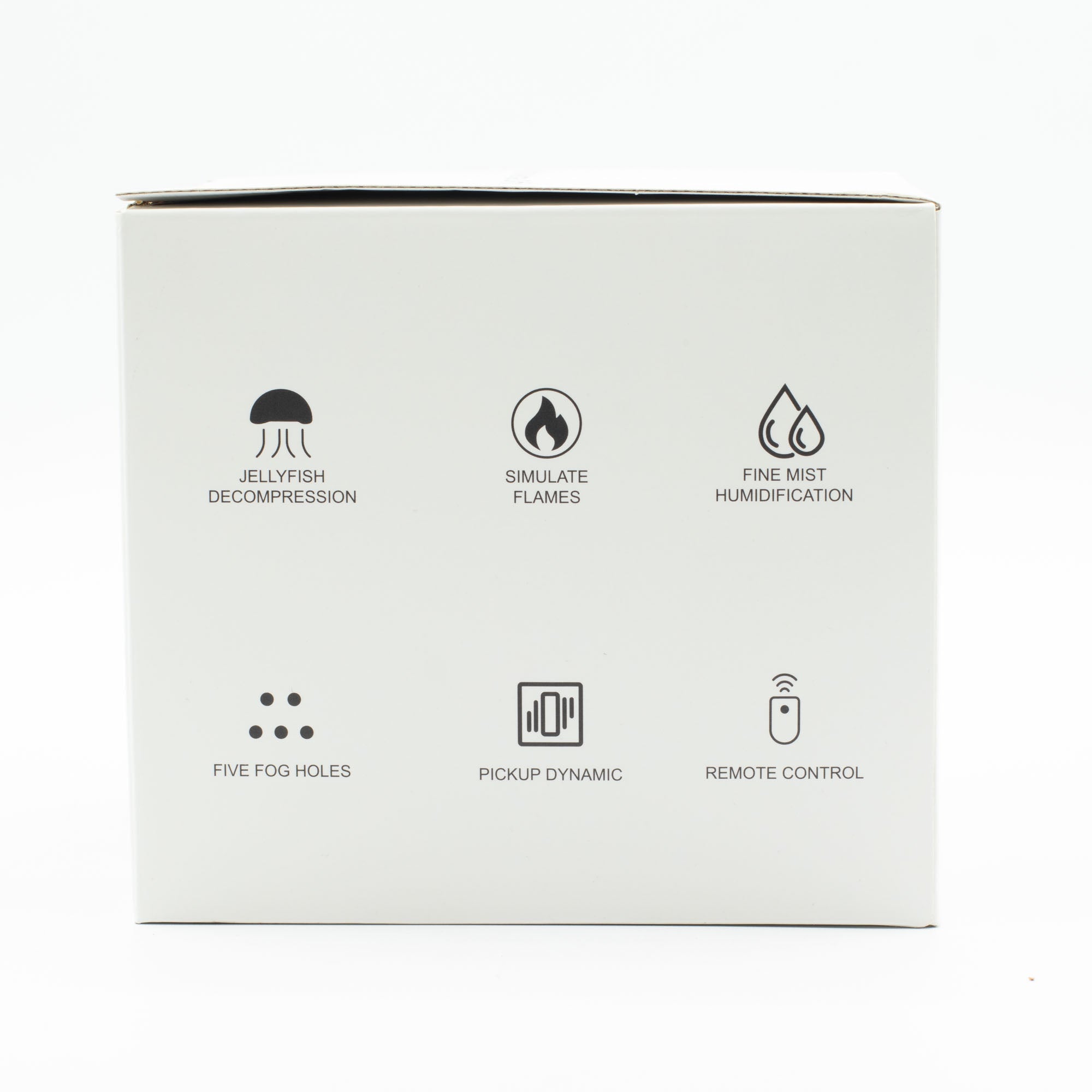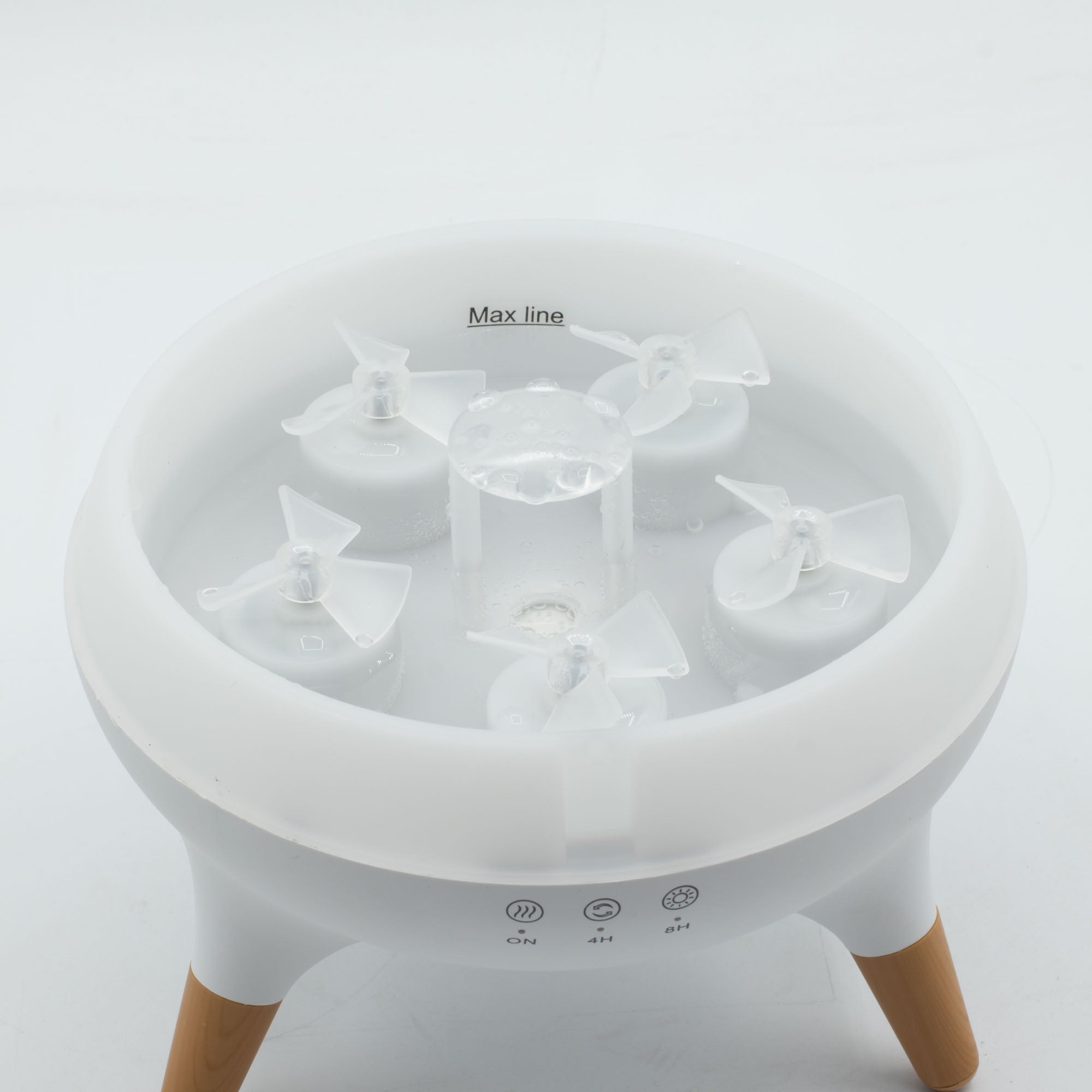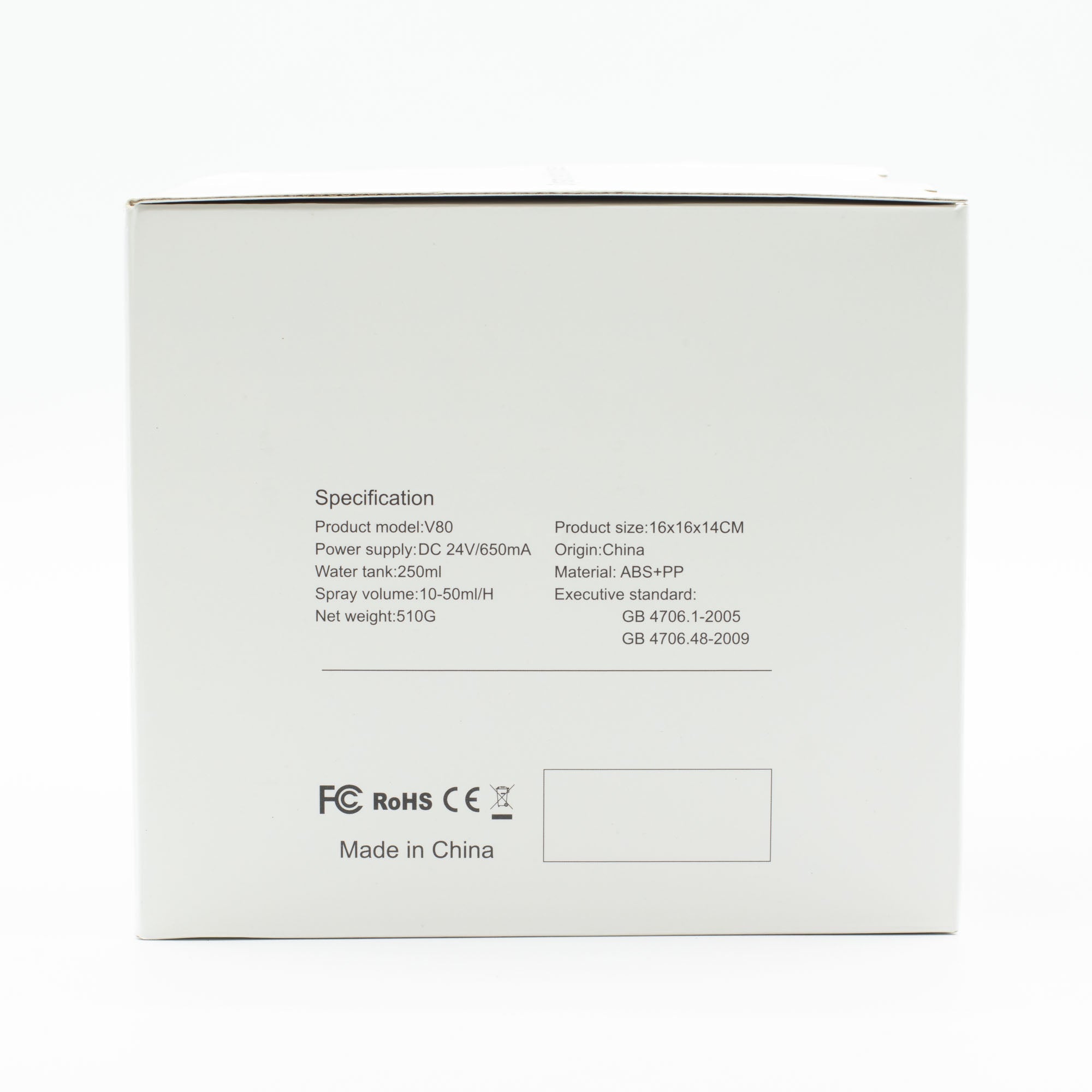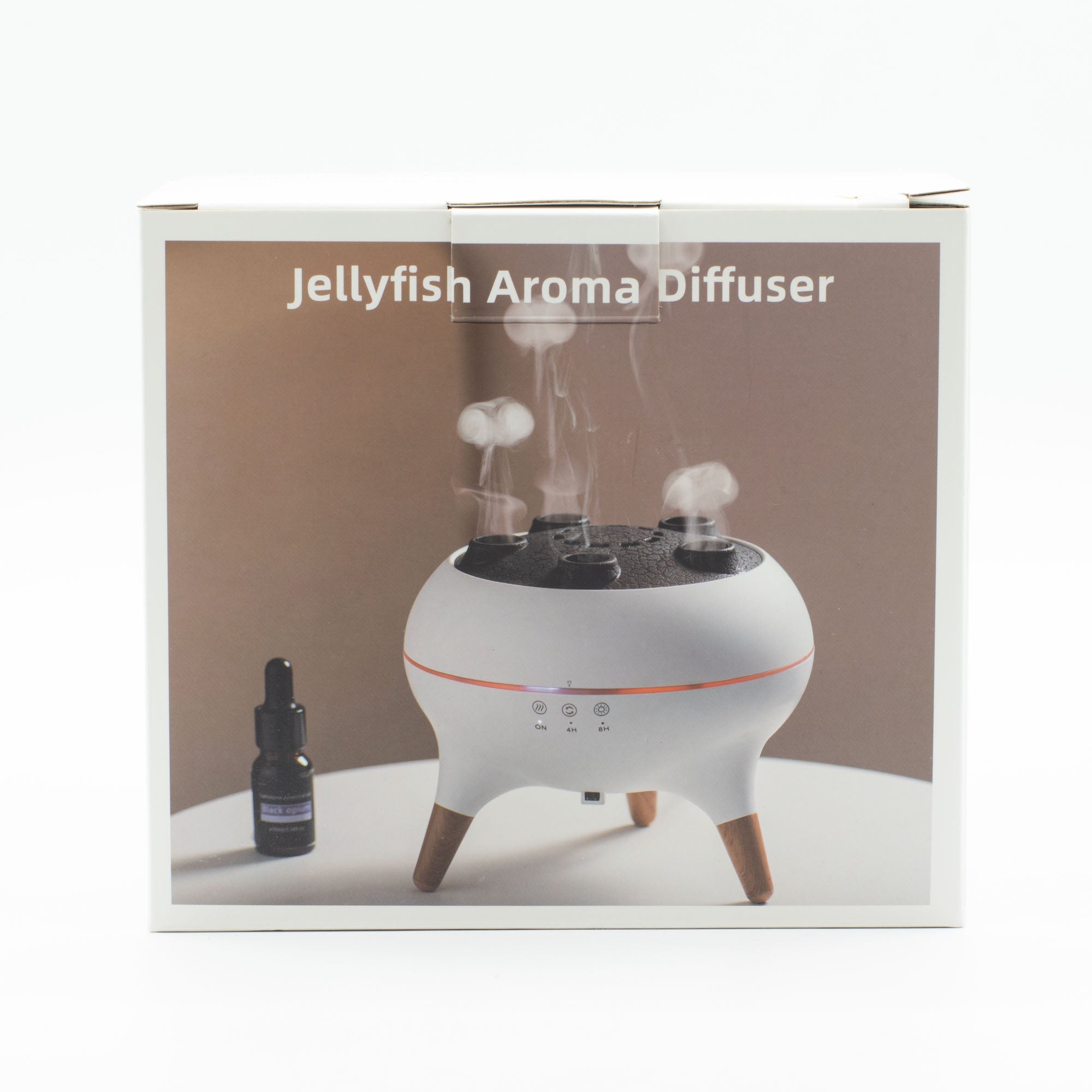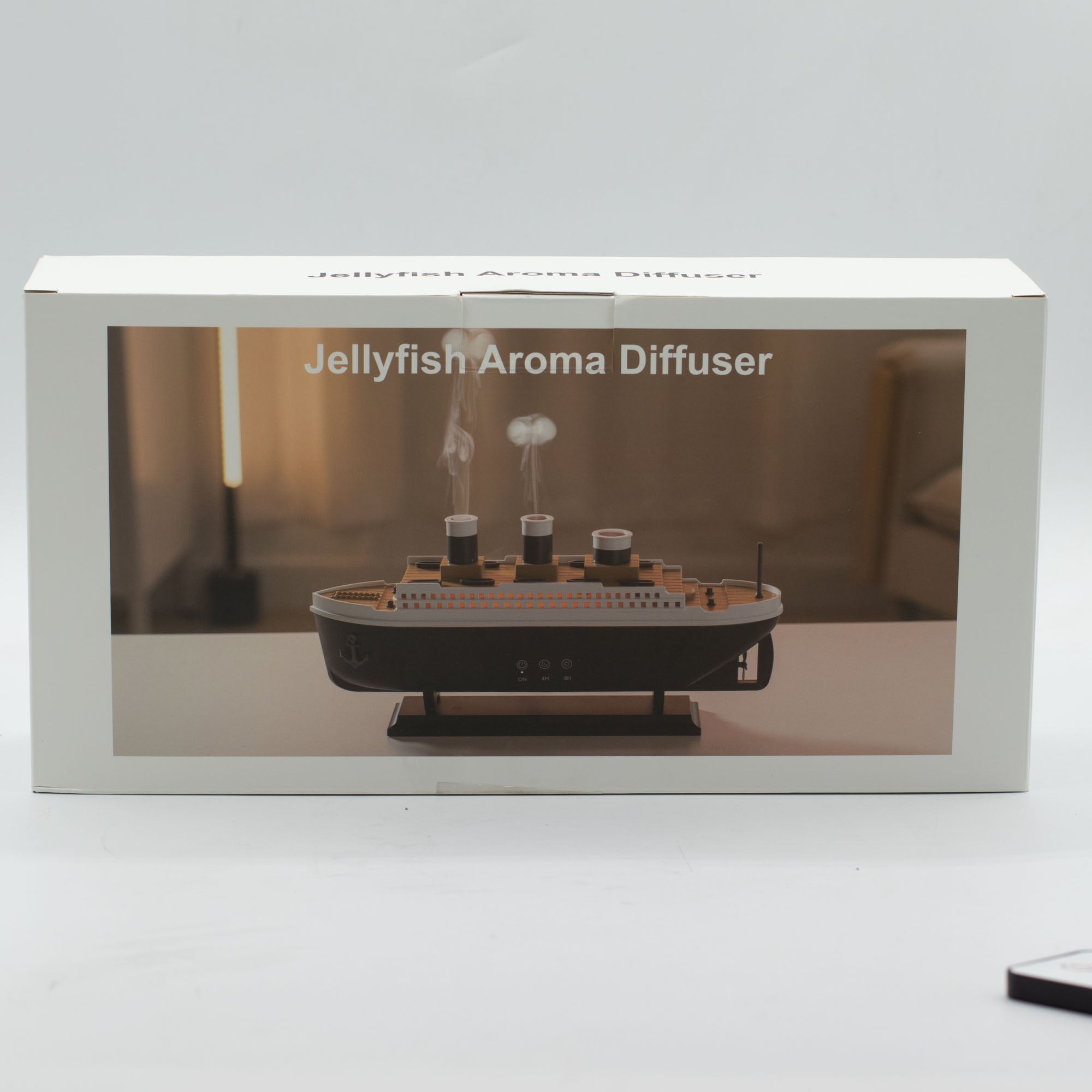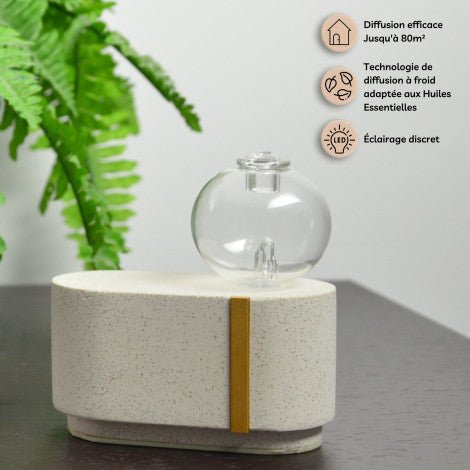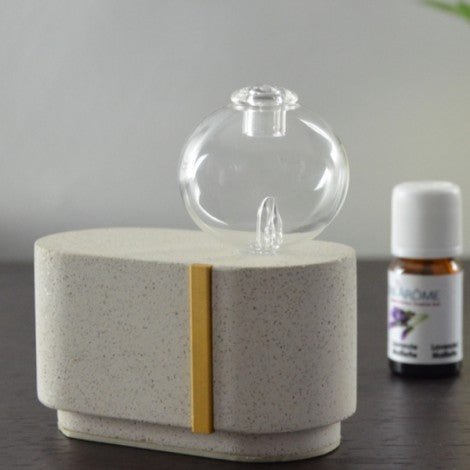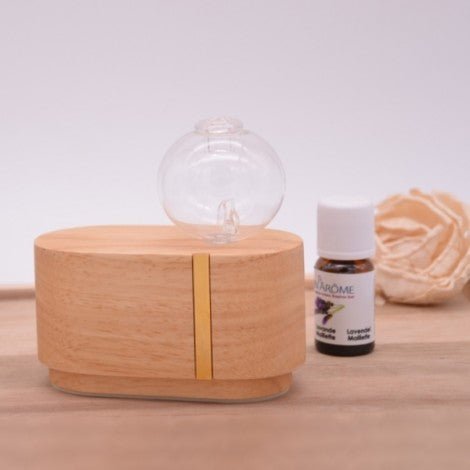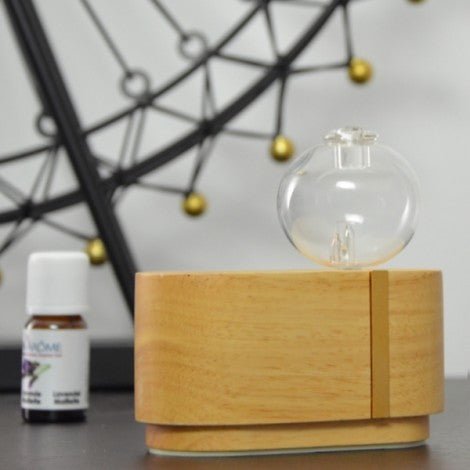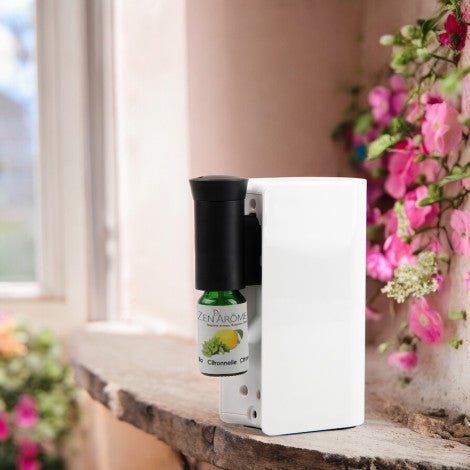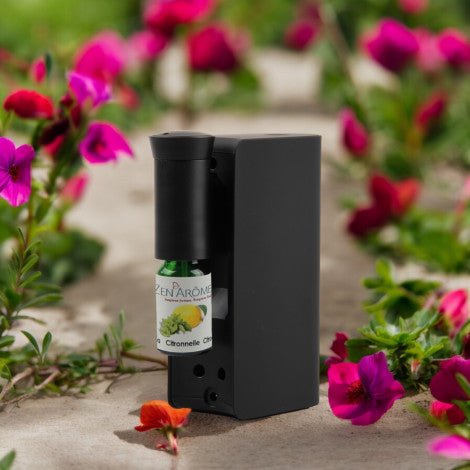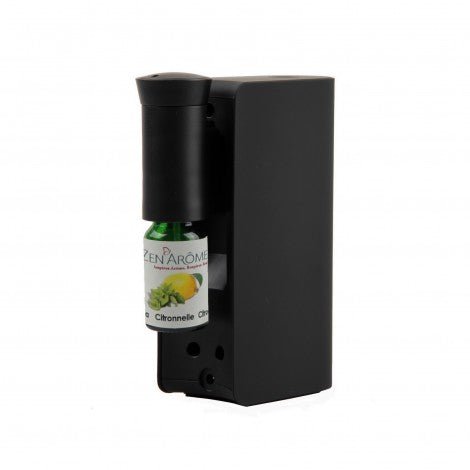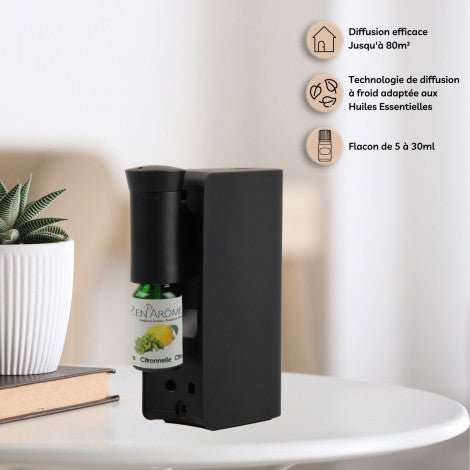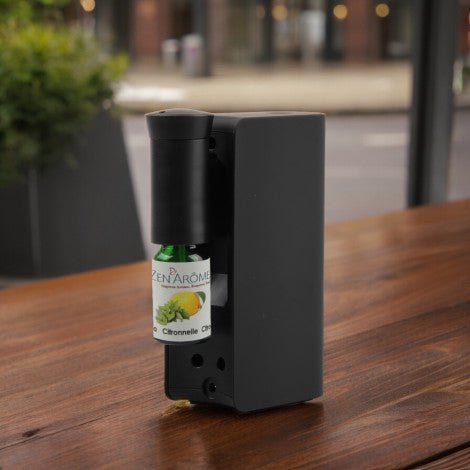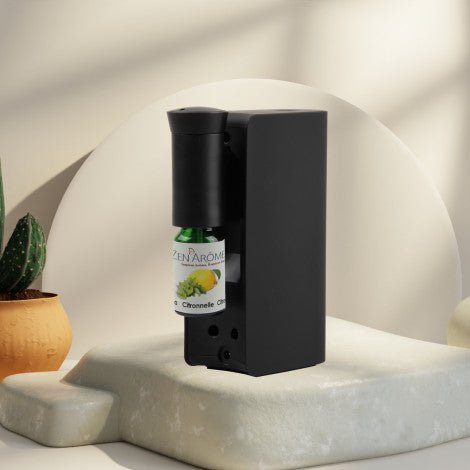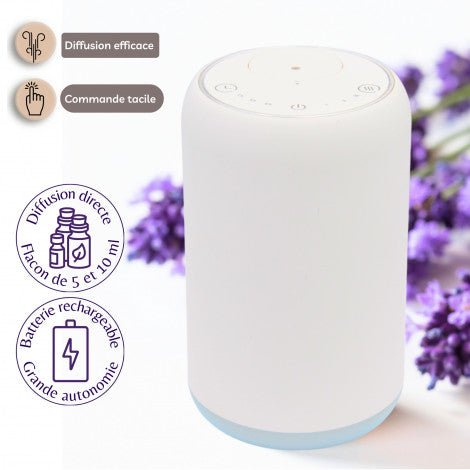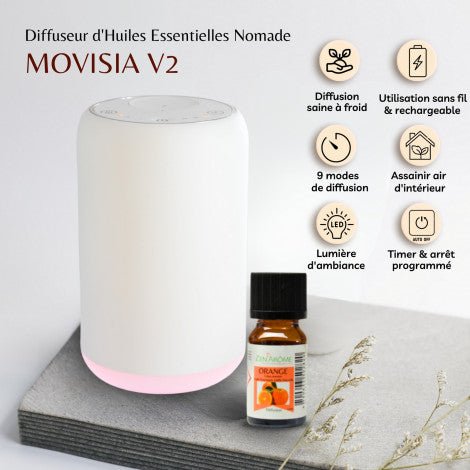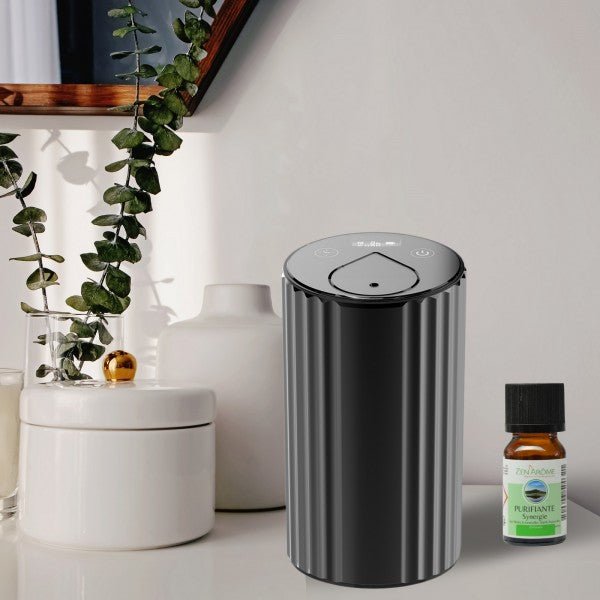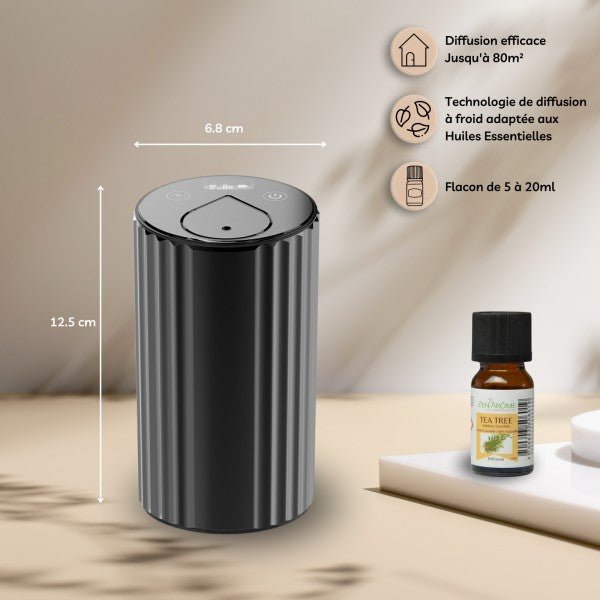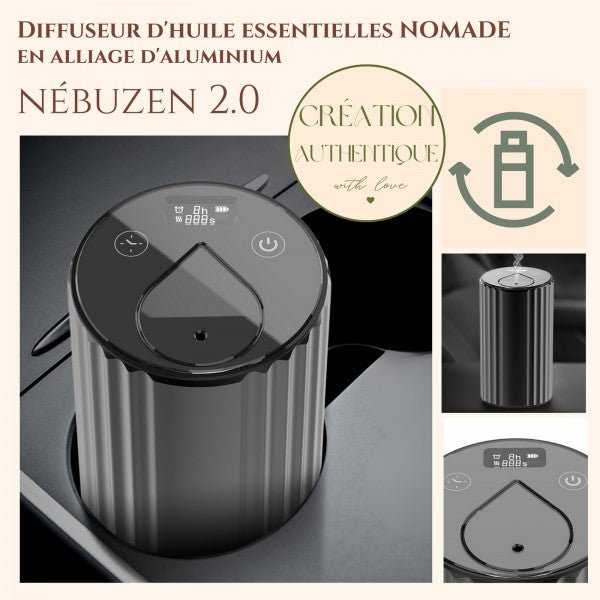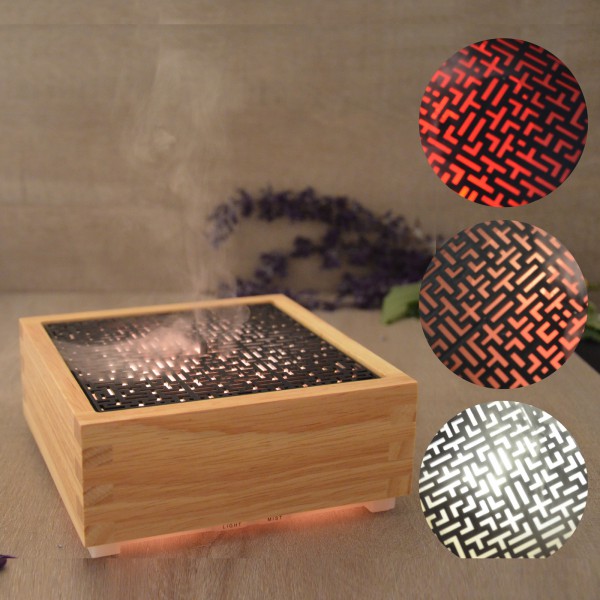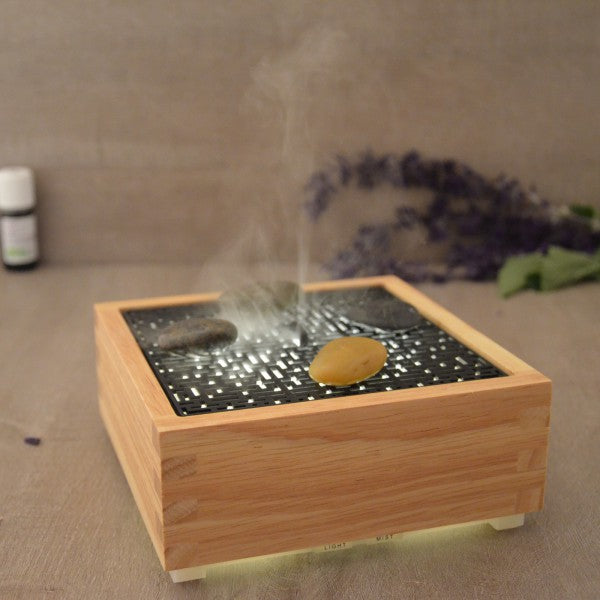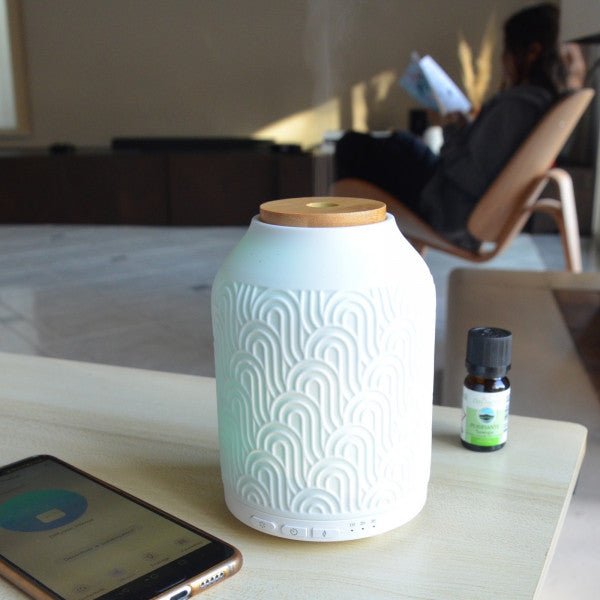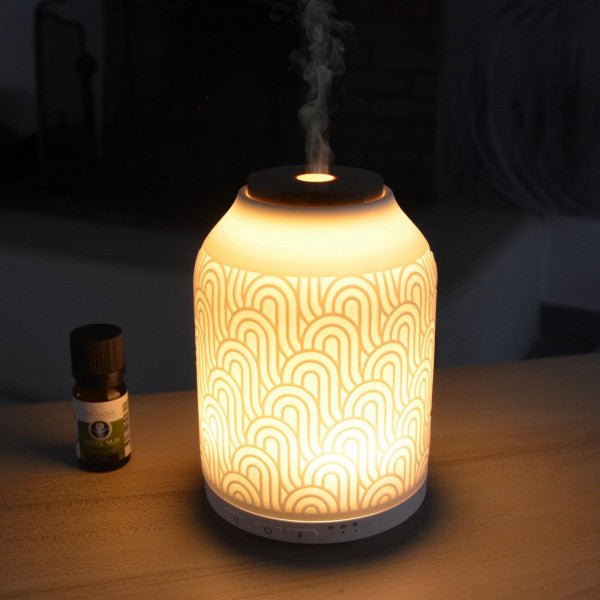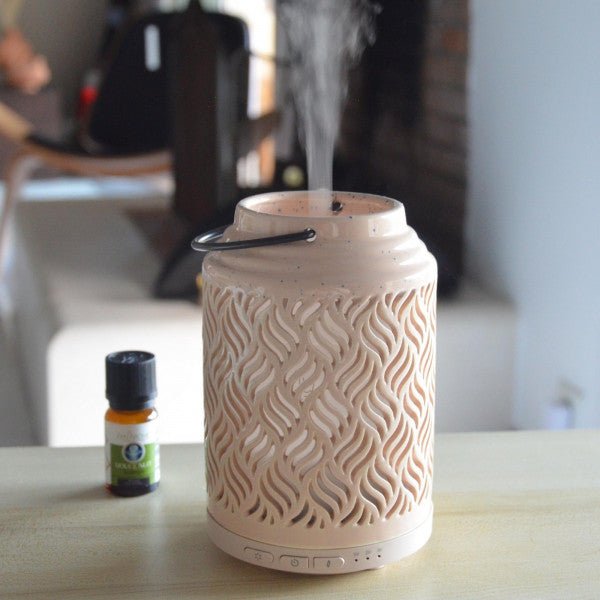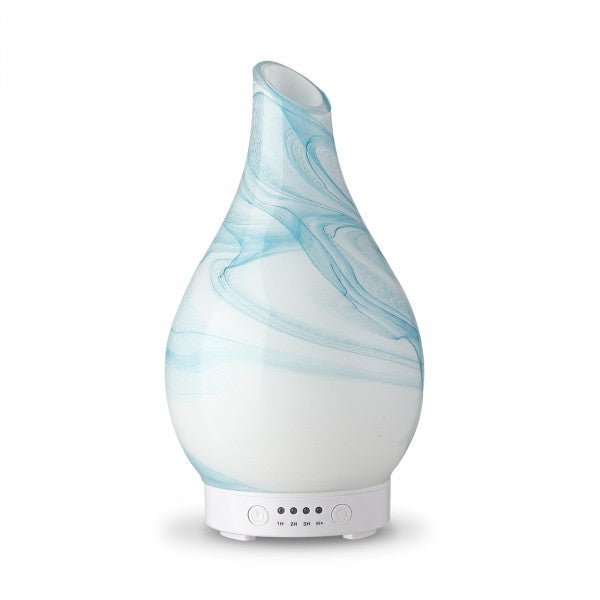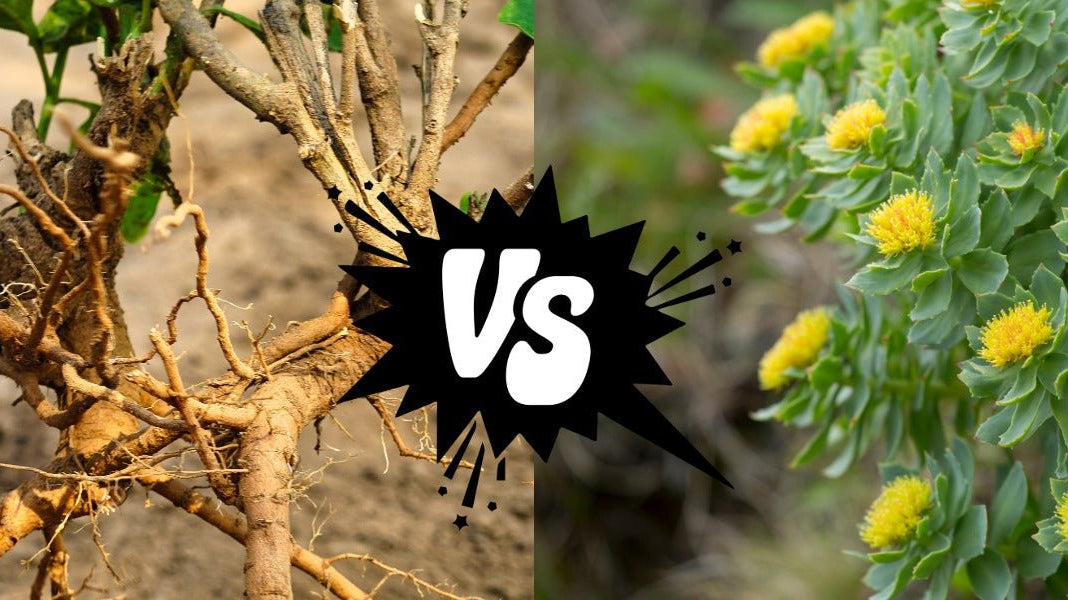Cinnamon Oil: Your Guide to Benefits, Uses, and Tips
Derived through steam distillation from the leaves of Cinnamomum zeylanicum L., 100% pure and natural cinnamon leaf essential oil boasts a rich history intertwined with its origins in Asia. Typically cultivated in regions such as Sri Lanka, Madagascar, Malaysia, and Seychelles, the "true" cinnamon tree, characterized by its evergreen foliage, was historically utilized as an aphrodisiac aroma by the Greeks and Romans before transitioning into a purifying agent.
This aromatic spice, introduced to France by returning crusaders, carries a delicate yet potent blend of spicy and sweet notes, lending its distinct flavor profile to a myriad of culinary delights. Its captivating scent, renowned for its aphrodisiac qualities, evokes a sense of joy and warmth with every aromatic encounter.

Fight Infections
Cinnamon is a fantastic weapon in the fight against a variety of different bacteria that cause infections.
You can knock out Colds and Respiratory Infections by adding:
2 drops of Cinnamon oil
2 drops of Tea tree oil
2 drops of Lemon oil
to an Aroma Diffuser.
All the oils have bactericidal effects.

Promote Digestion
You can stimulate a sluggish digestive system with a soothing oil blend.
For Constipation:
30 ml carrier oil,
2 drops of cinnamon,
6 drops of mandarin,
4 drops of peppermint.
Mix the essential oils in the carrier oil and massage your stomach clockwise. Repeat 2-3 times a day.

Compress for Diarrhea
Fill a bowl with warm water. Add these essential oils to the water:
2 drops Cinnamon oil
6 drops Ginger oil
3 drops Orange (sweet) oil
Soak a washcloth or small towel in water, then wring out the excess water. Place the damp cloth on your stomach. Once it cools down, soak and wring it out again to repeat the process.
If you feel nauseous, you can put 1 drop of Ginger, Nutmeg, and Cinnamon on a cloth and inhale.
What is the difference between Cinnamon Leaf and Cinnamon Bark Essential Oil?
Cinnamon leaf and bark essential oils are both derived from the same plant, Cinnamomum verum (also known as Cinnamomum zeylanicum), but they are extracted from different parts of the plant and have distinct characteristics and uses.
1. Source: As their names suggest, cinnamon leaf oil is extracted from the leaves of the cinnamon tree through steam distillation, while cinnamon bark oil is derived from the bark of the tree.
2. Chemical Composition: The chemical composition of these two oils differs significantly. Cinnamon bark oil is high in cinnamaldehyde, which is responsible for its strong, spicy aroma and is considered to have more potent properties. Cinnamon leaf oil contains a lower amount of cinnamaldehyde and is richer in eugenol, which gives it a milder, clove-like aroma.
3. Aroma: Due to their different chemical compositions, the aromas of these oils are distinct. Cinnamon bark oil has a warmer, richer, and more intense spicy scent, while cinnamon leaf oil has a lighter, sweeter aroma with a musky tone.
4. Uses: Both oils have antimicrobial, anti-inflammatory, and antioxidant properties, but because of their different chemical makeups, their uses can vary. Cinnamon bark oil is often preferred in flavoring, perfumery, and aromatherapy for its strong scent and potent properties. It's considered to be more powerful and is used in smaller quantities.
Cinnamon leaf oil, being milder, is more commonly used in skincare products and topical applications as it is less likely to cause skin irritation when properly diluted.
5. Safety and Irritation Potential: Cinnamon bark oil is more likely to cause skin irritations and allergic reactions due to its high cinnamaldehyde content. It should be used with greater caution, especially in topical applications. Cinnamon leaf oil, with its higher eugenol content, is generally considered to be safer for use on the skin, though still requiring proper dilution.
Usage Tips
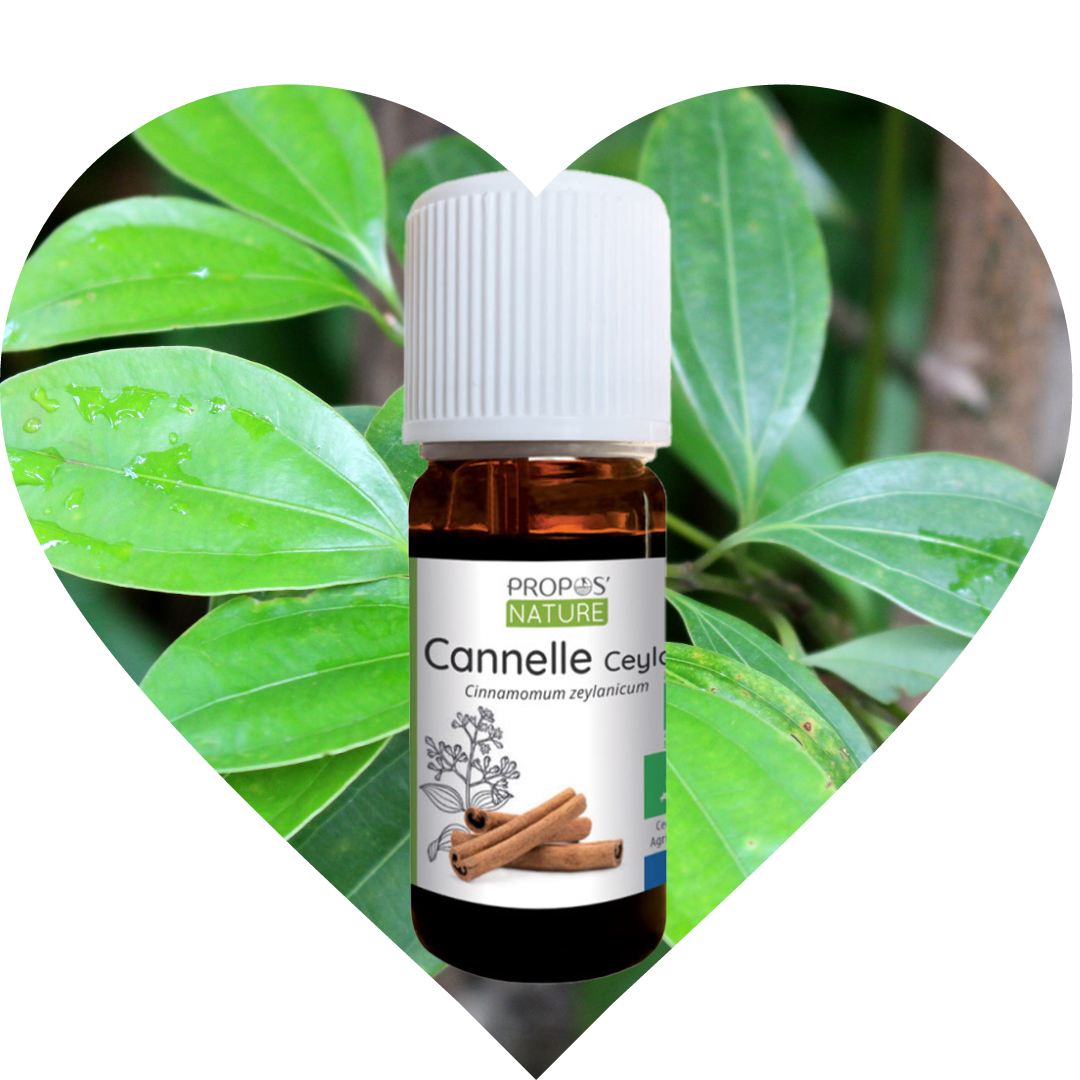
Muscle aches & pains
Mix 3 drops of Cinnamon with 1 teaspoon (5ml) of jojoba oil and apply it to the area of concern.

Hair Growth
Add 2 drops of cinnamon oil to your shampoo or conditioner to stimulate hair follicles and promote hair growth.

Insect Repellent
Cinnamon oil can deter ants and other insects. Mix it with water and spray it around entry points in your home.

